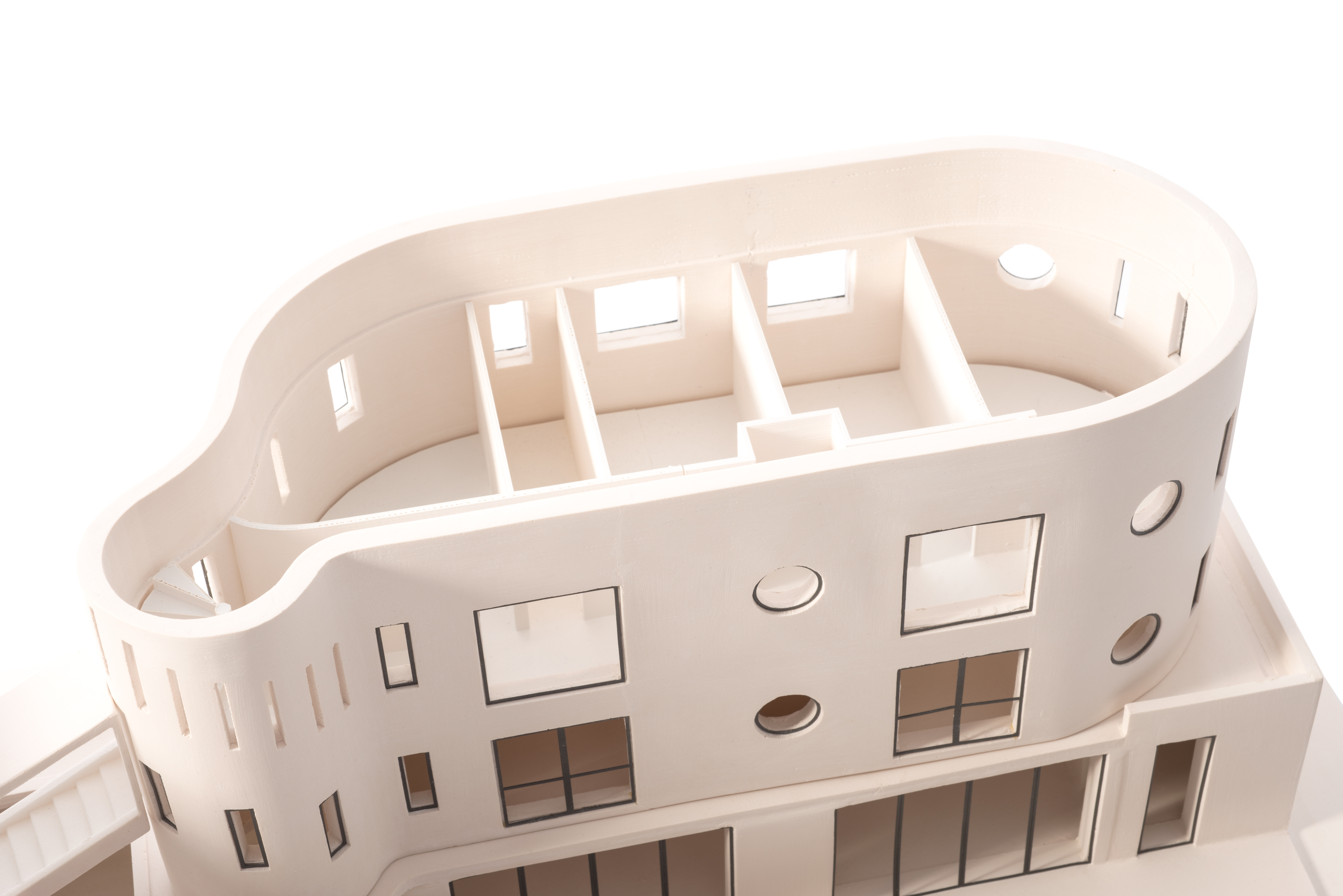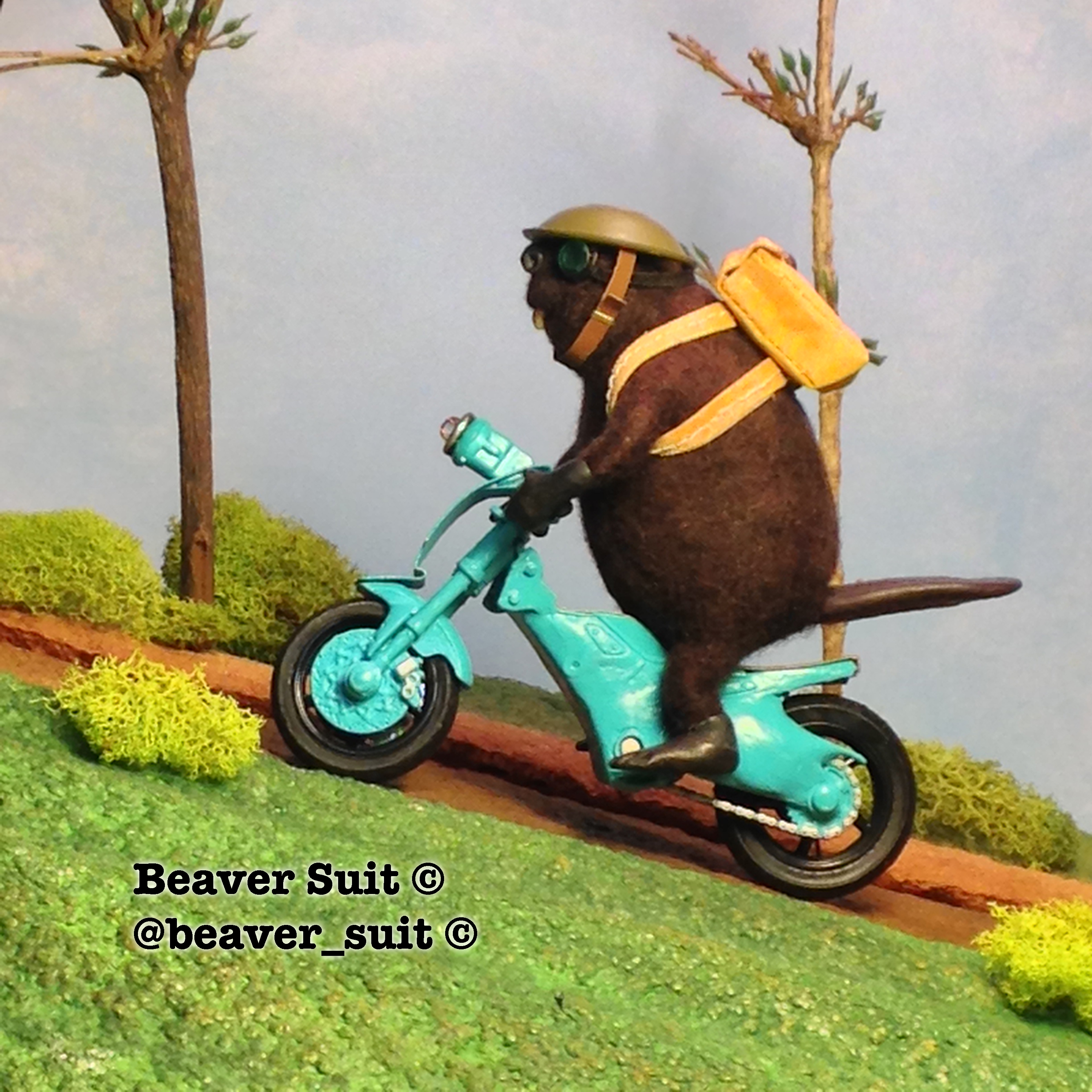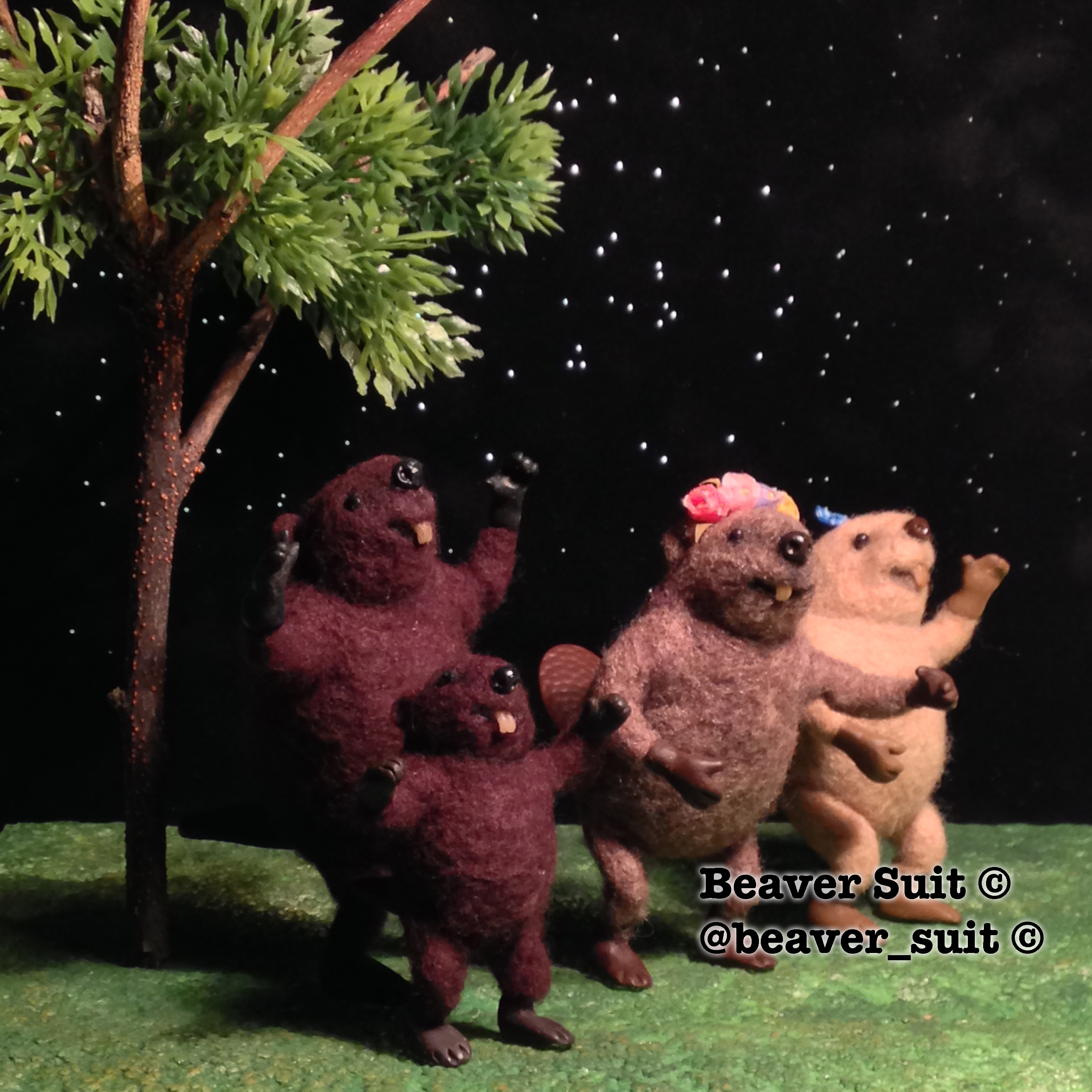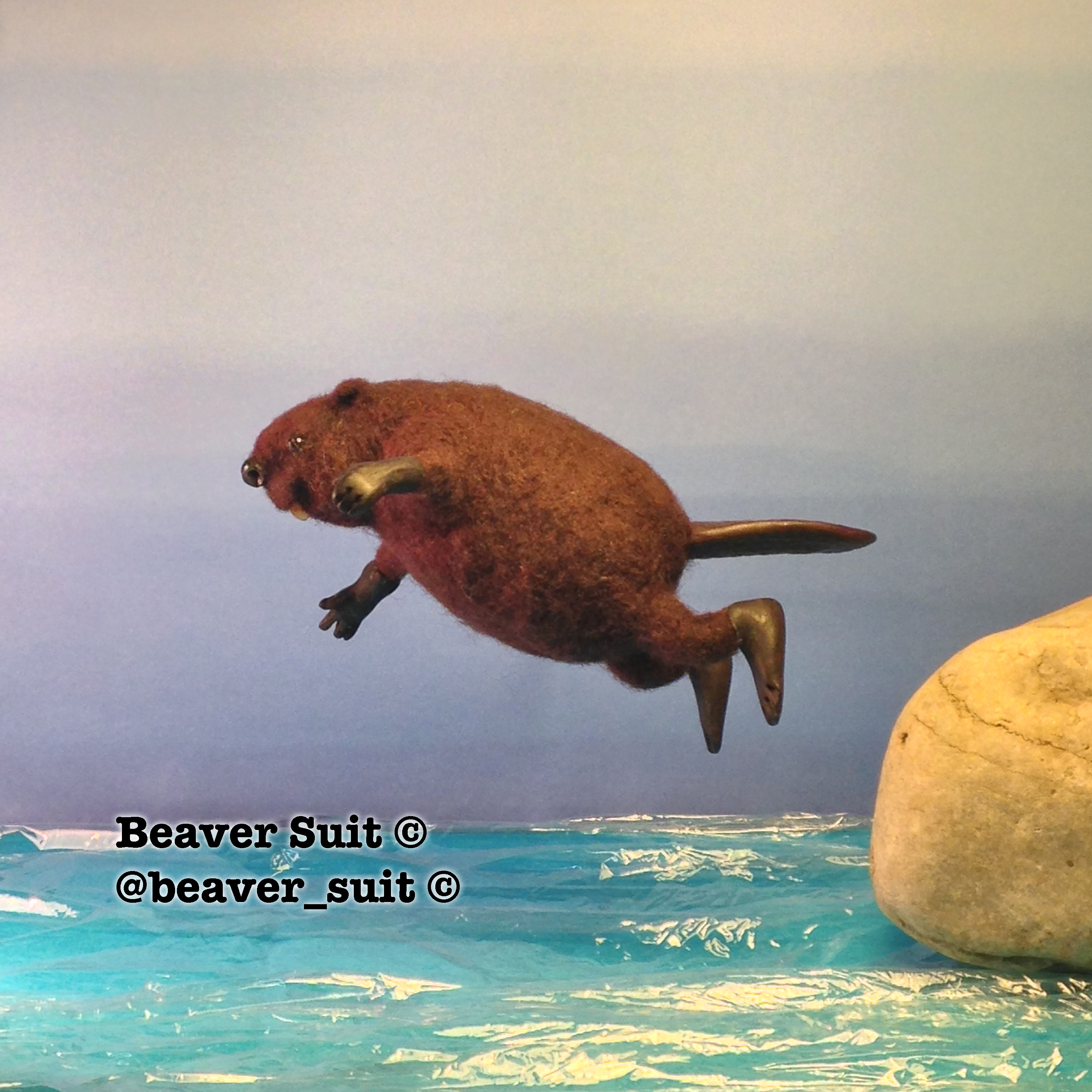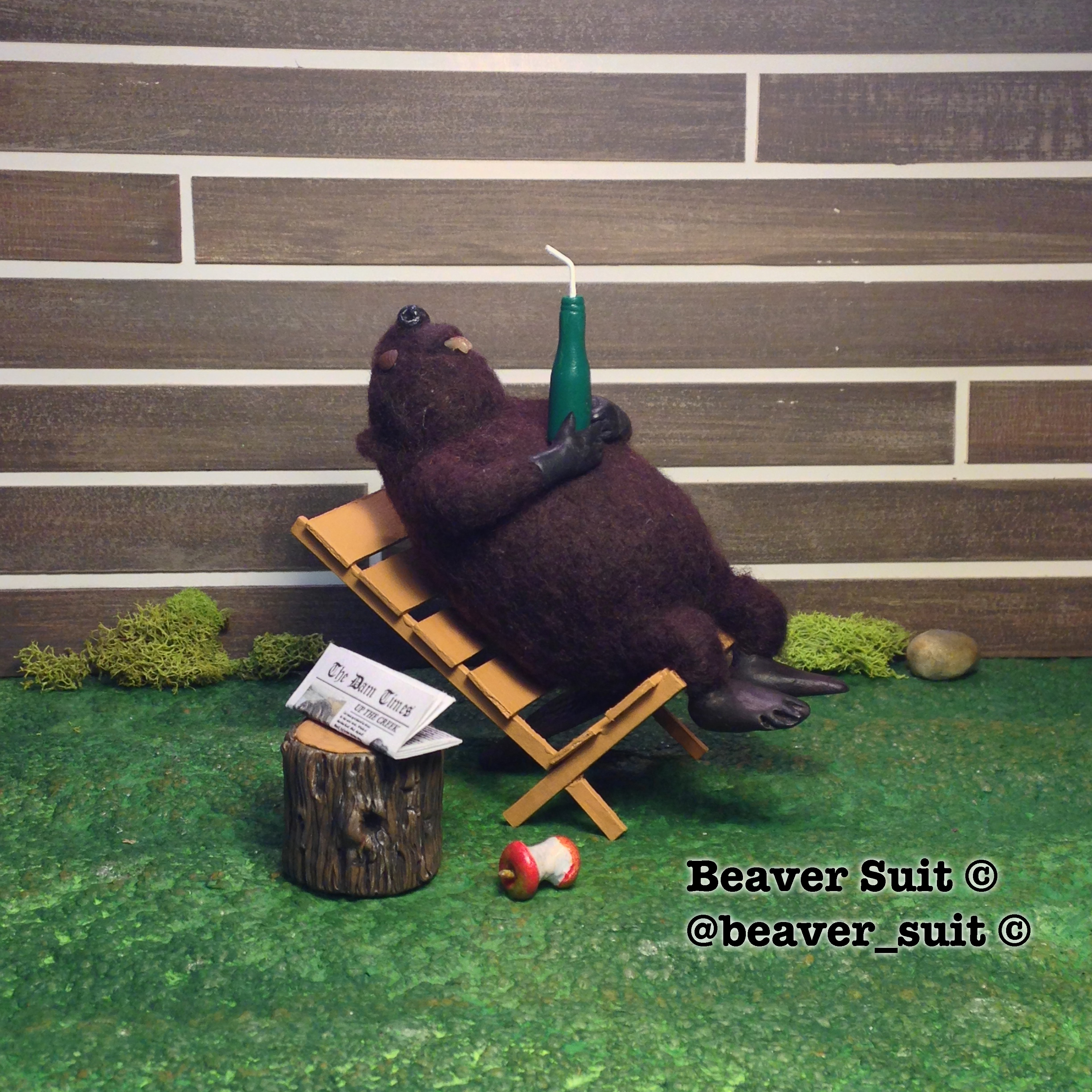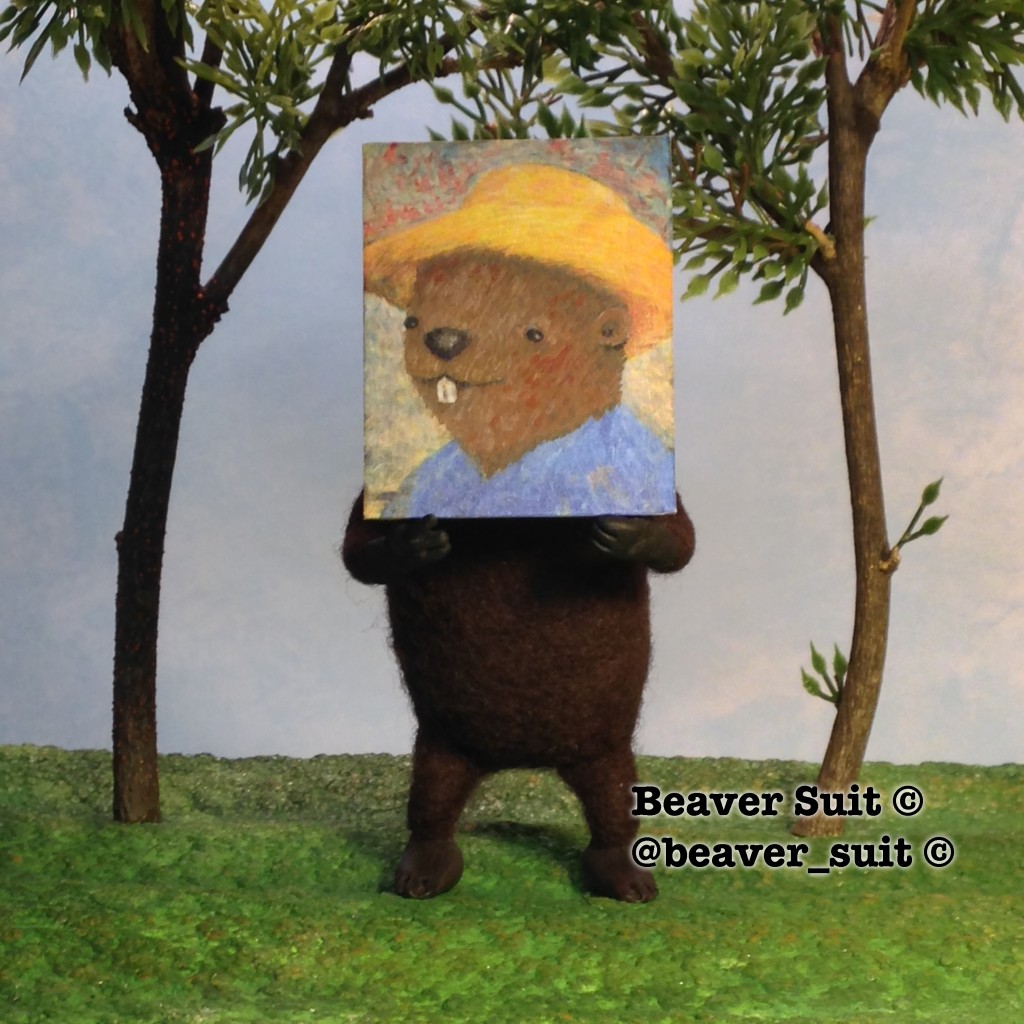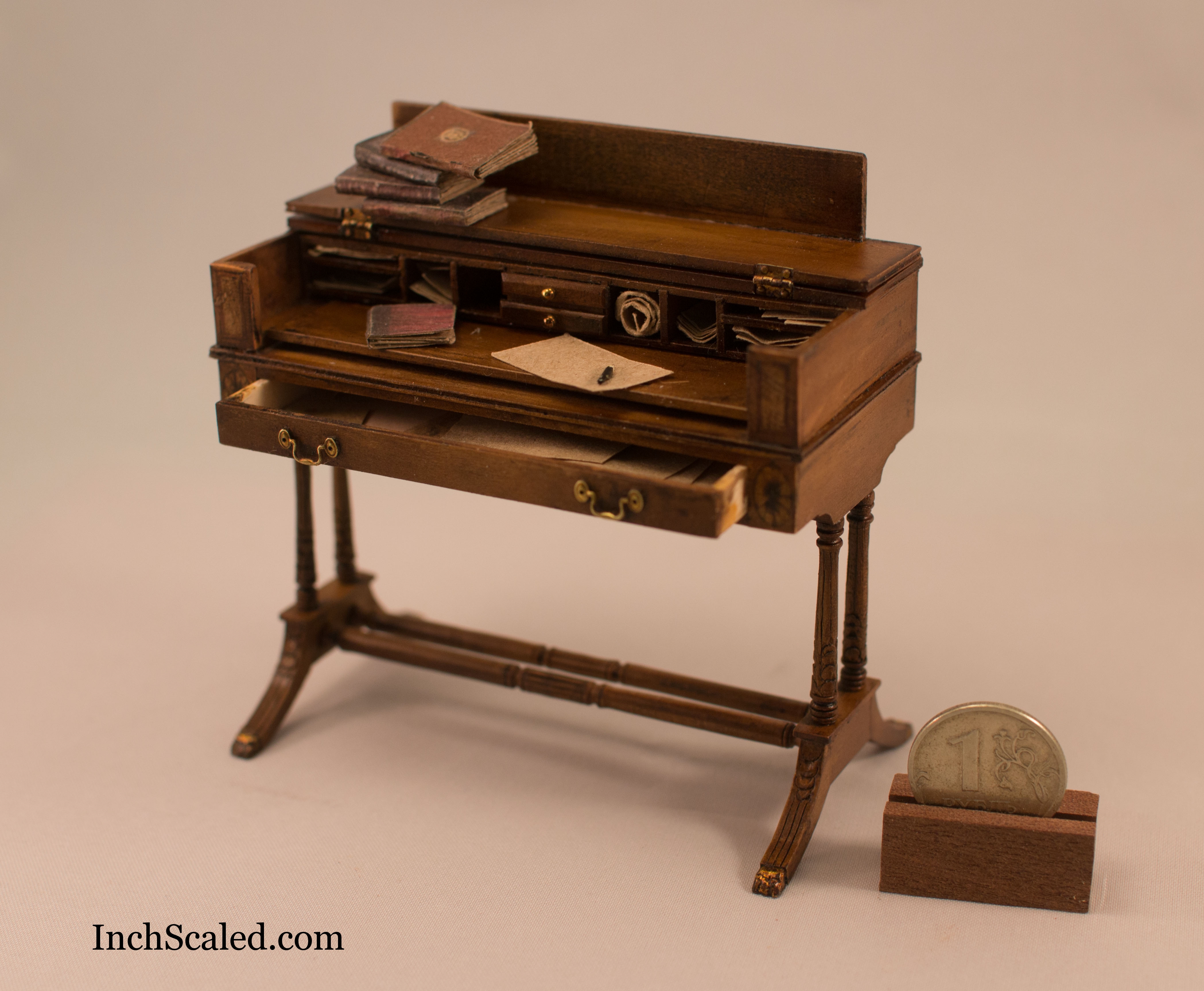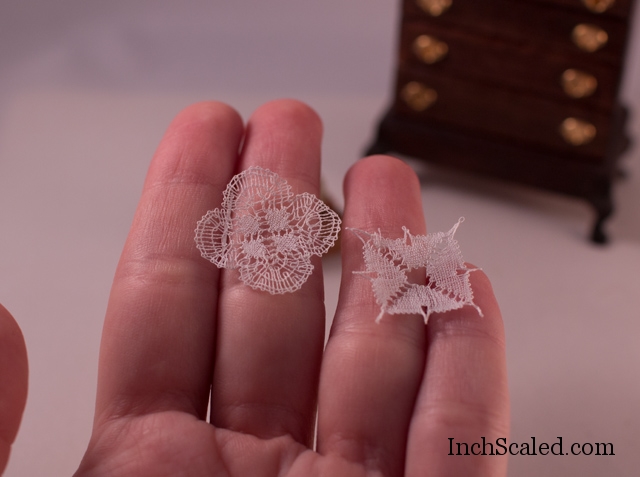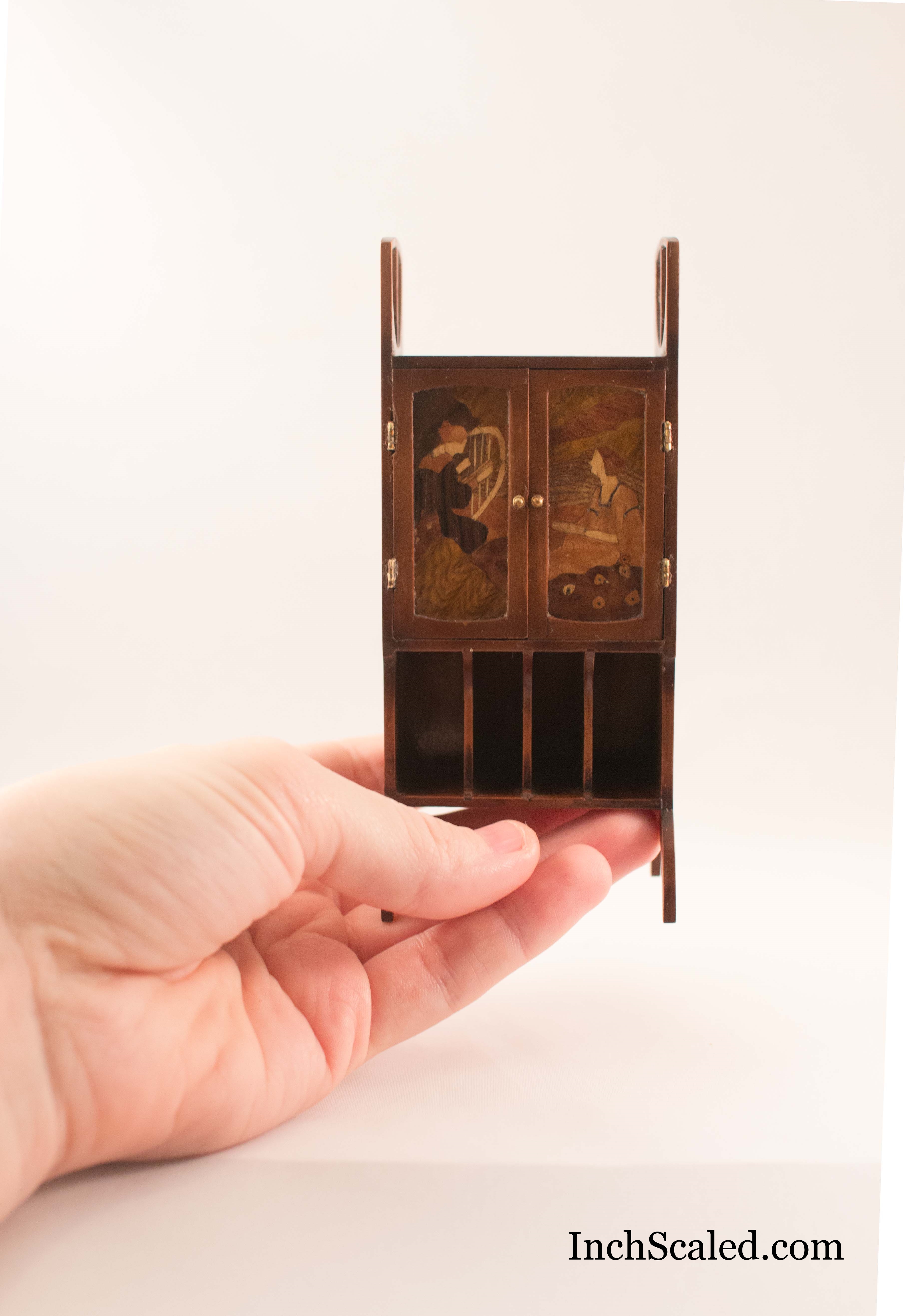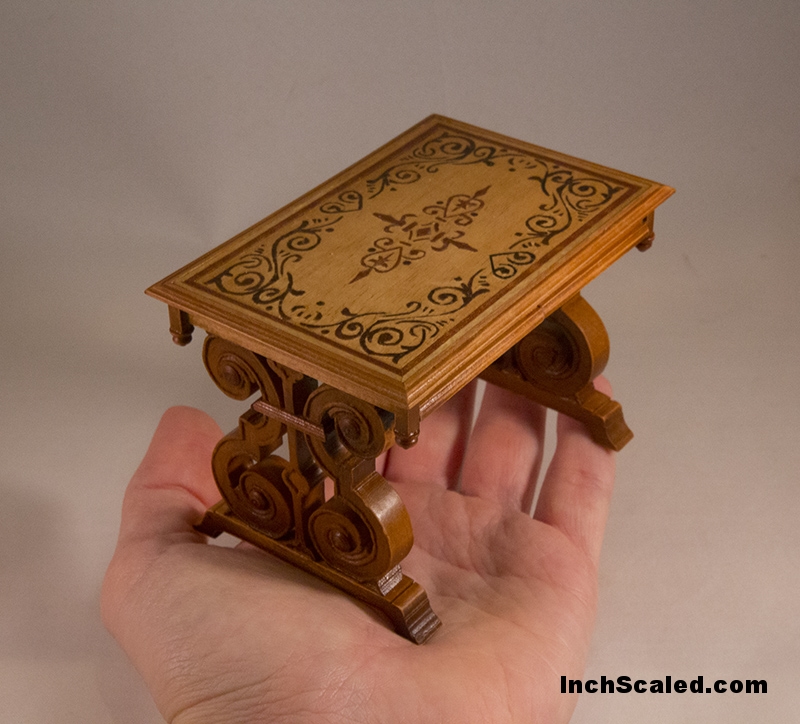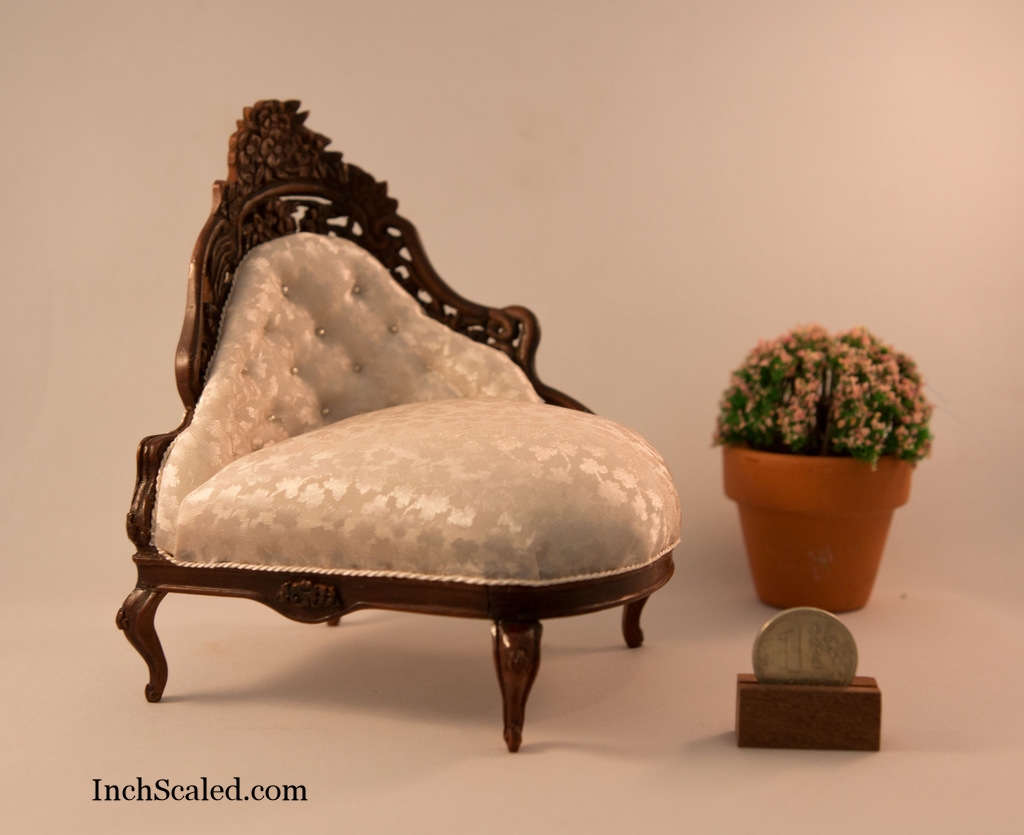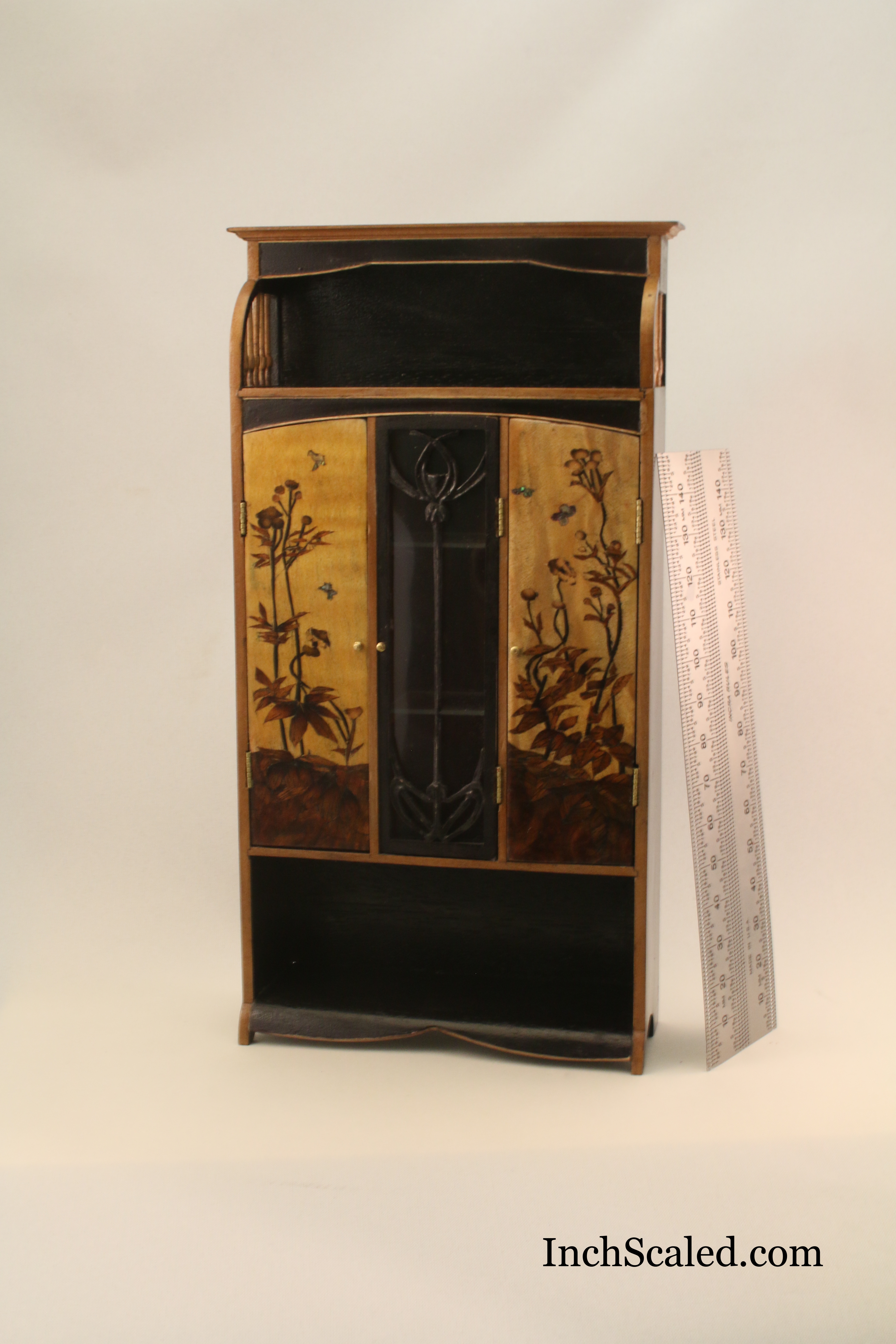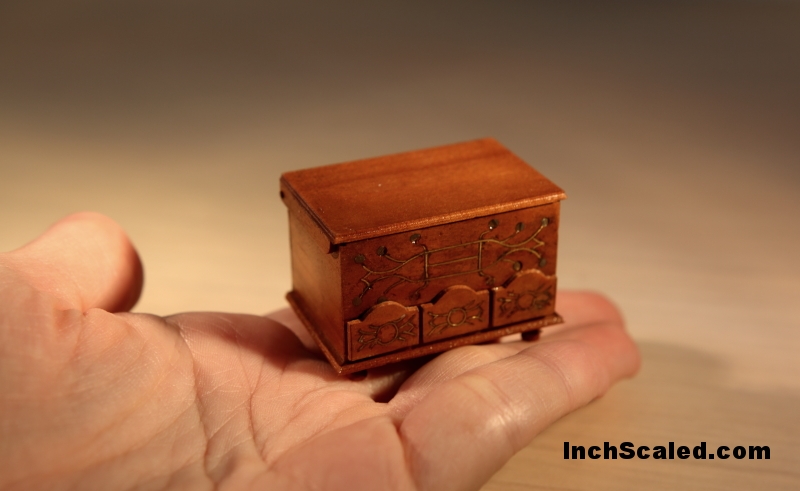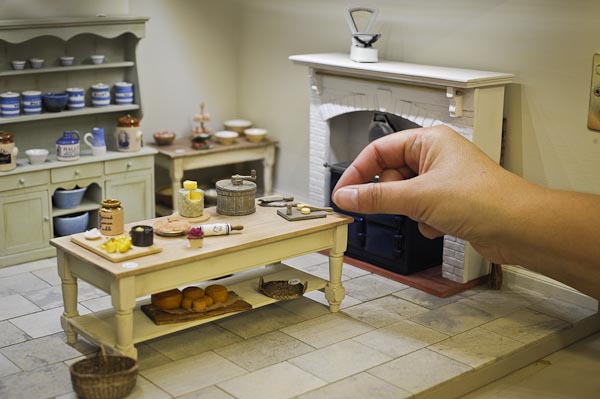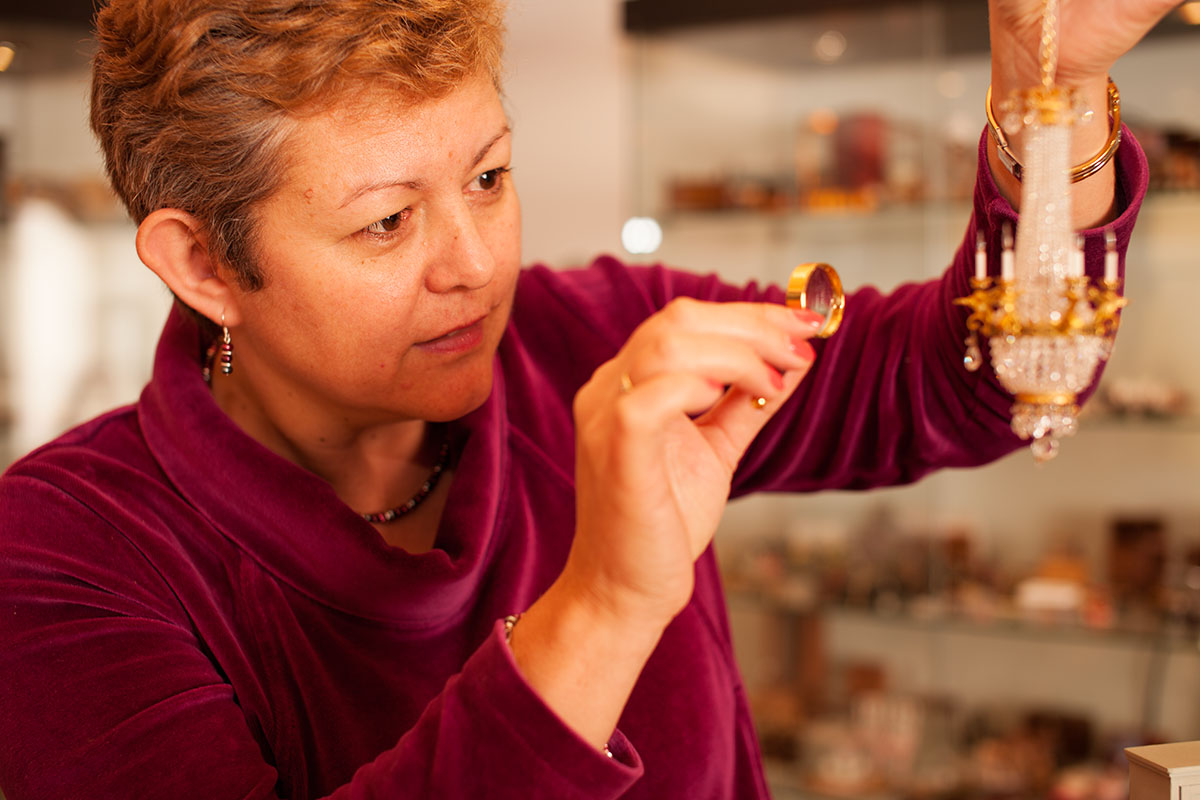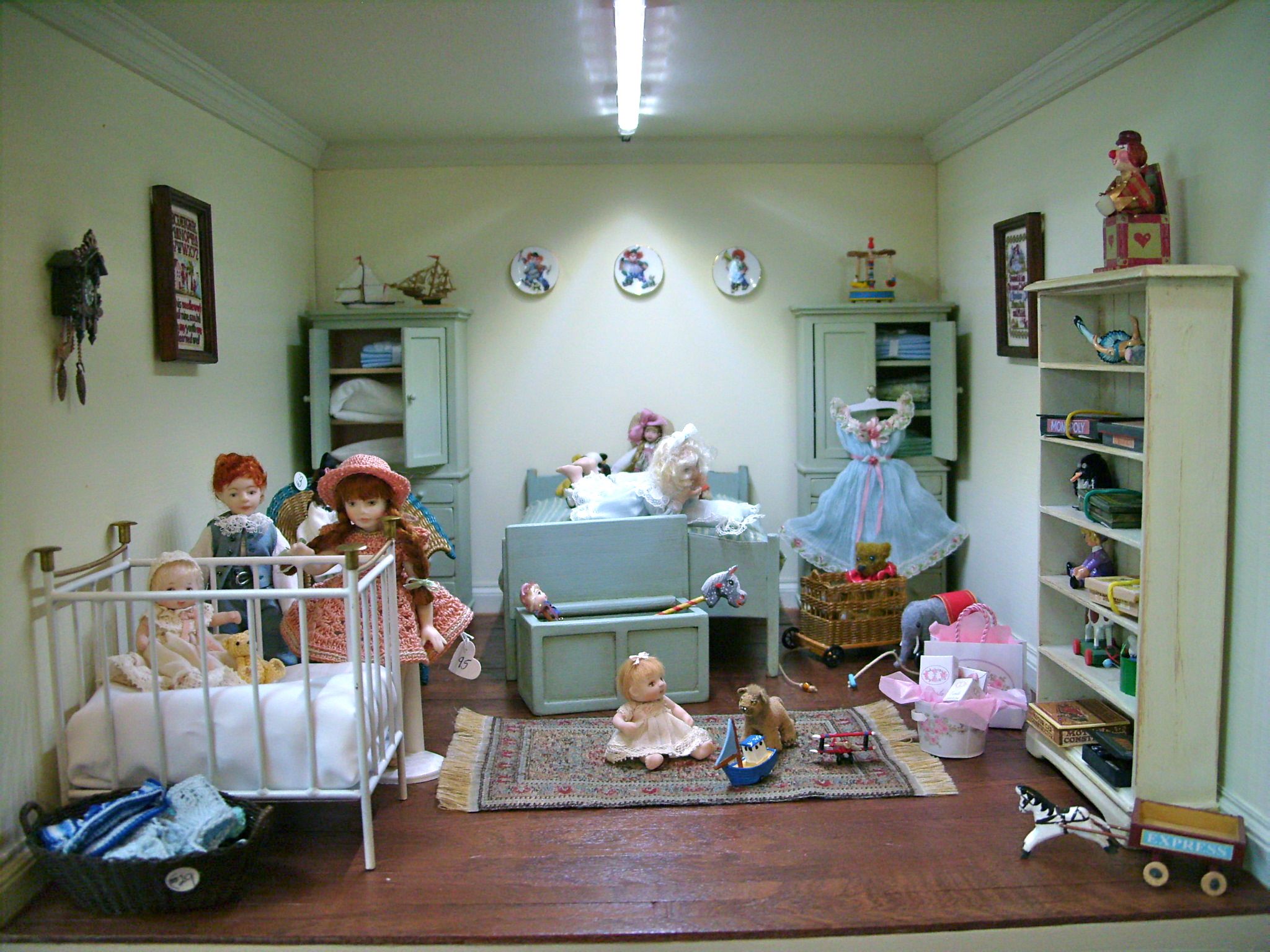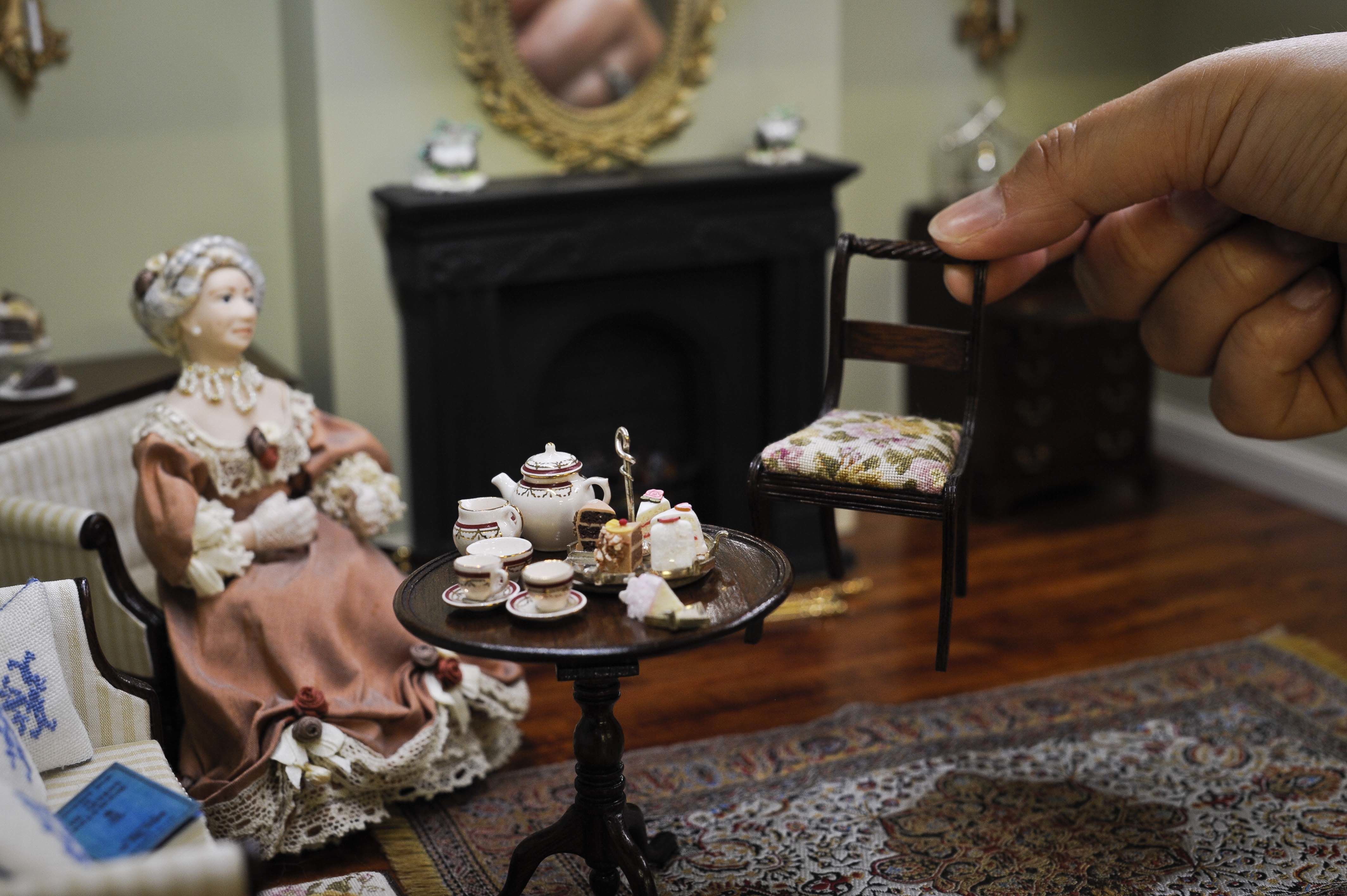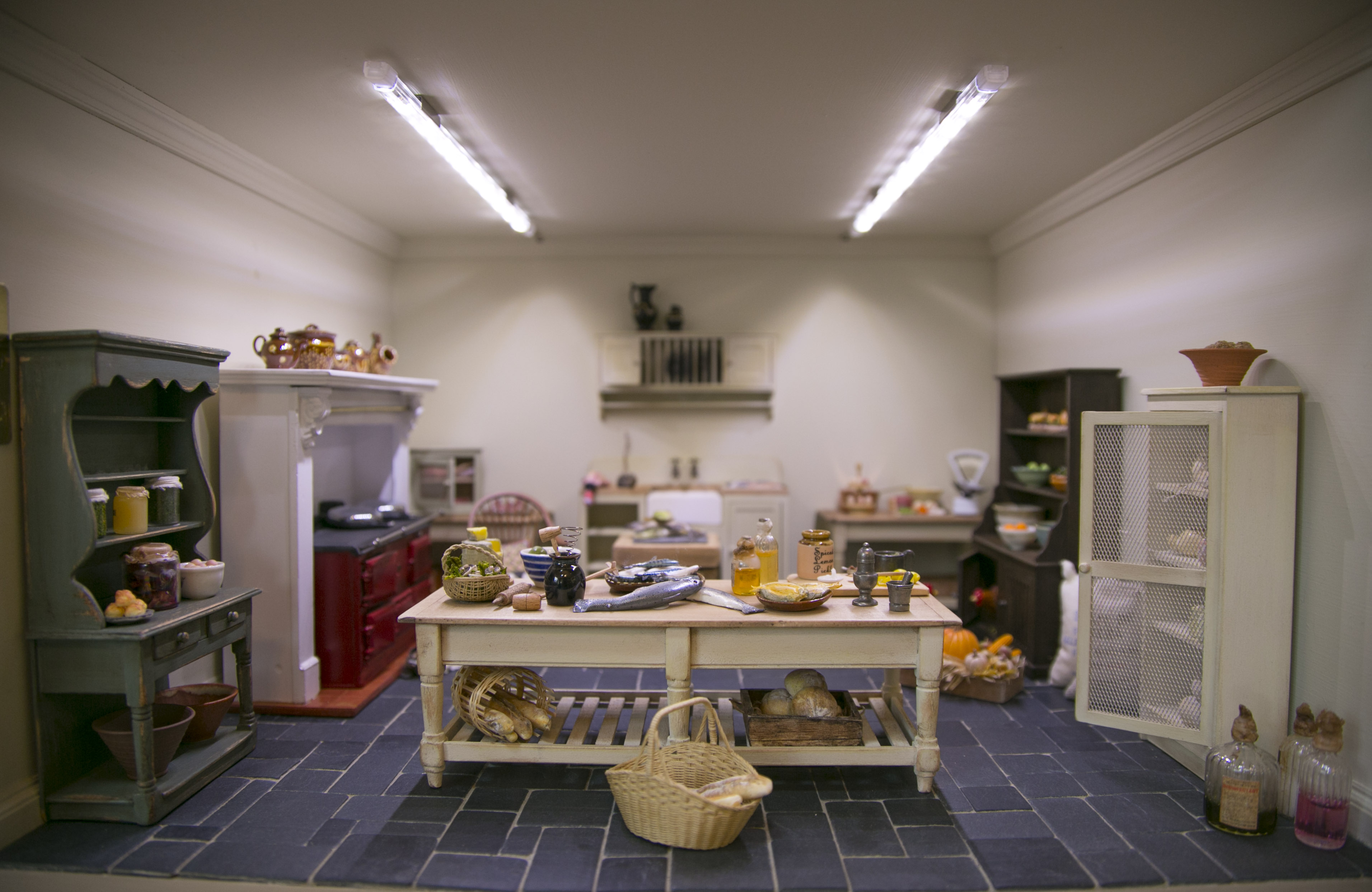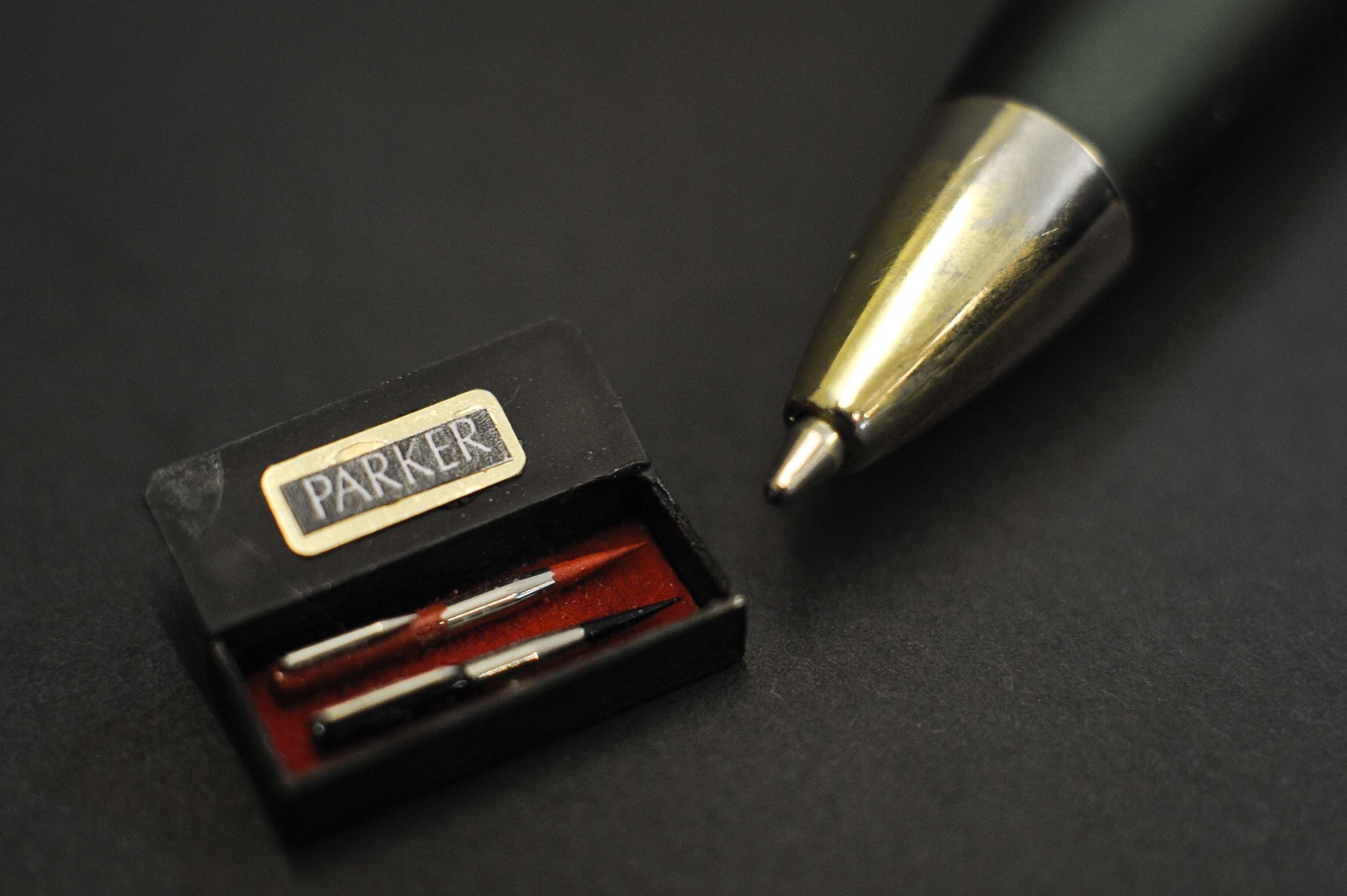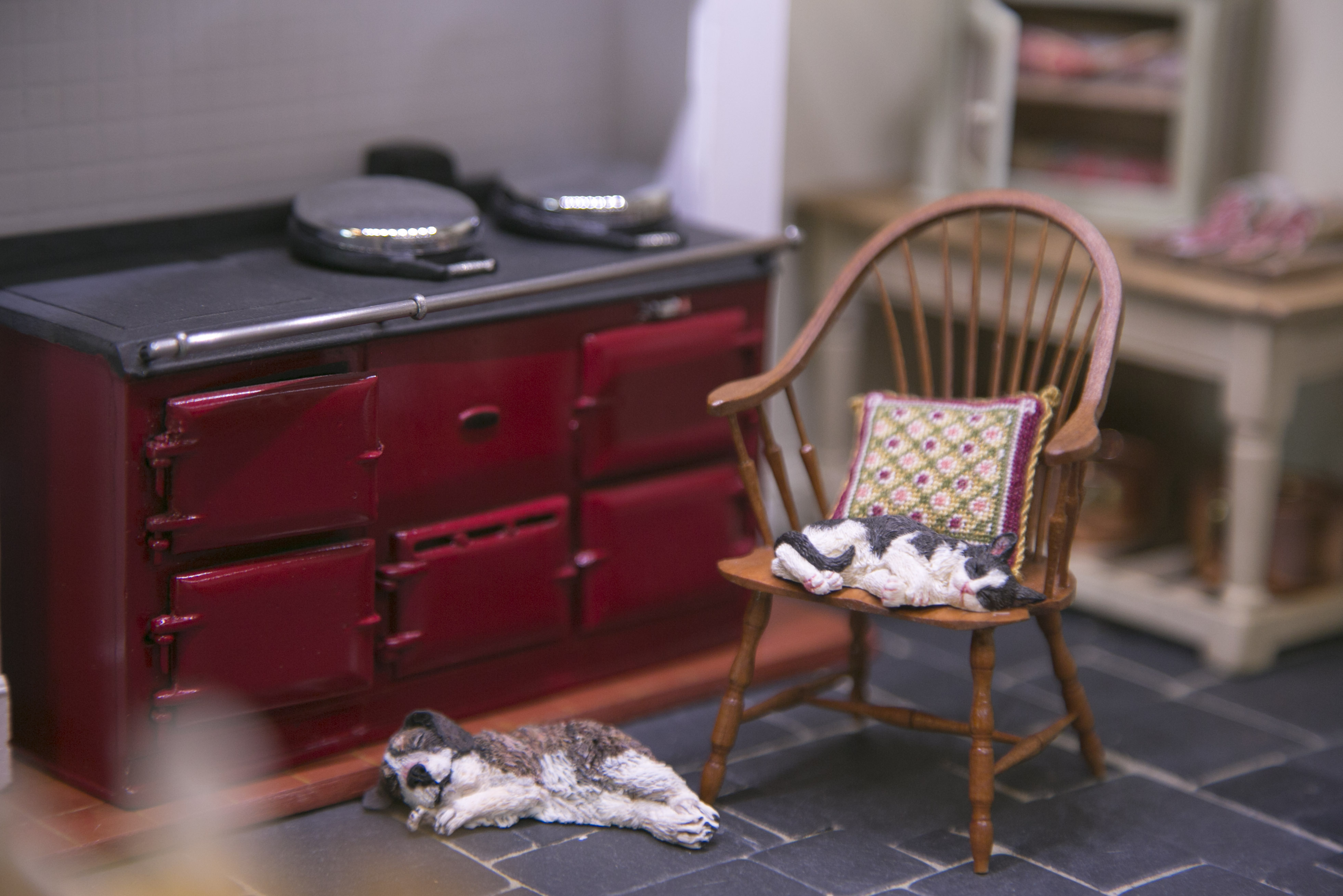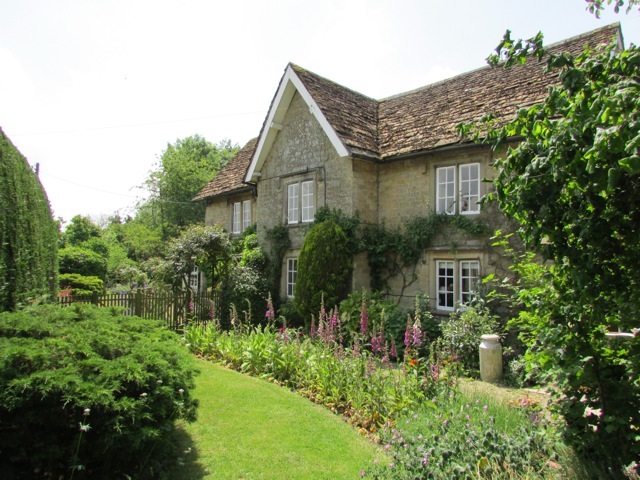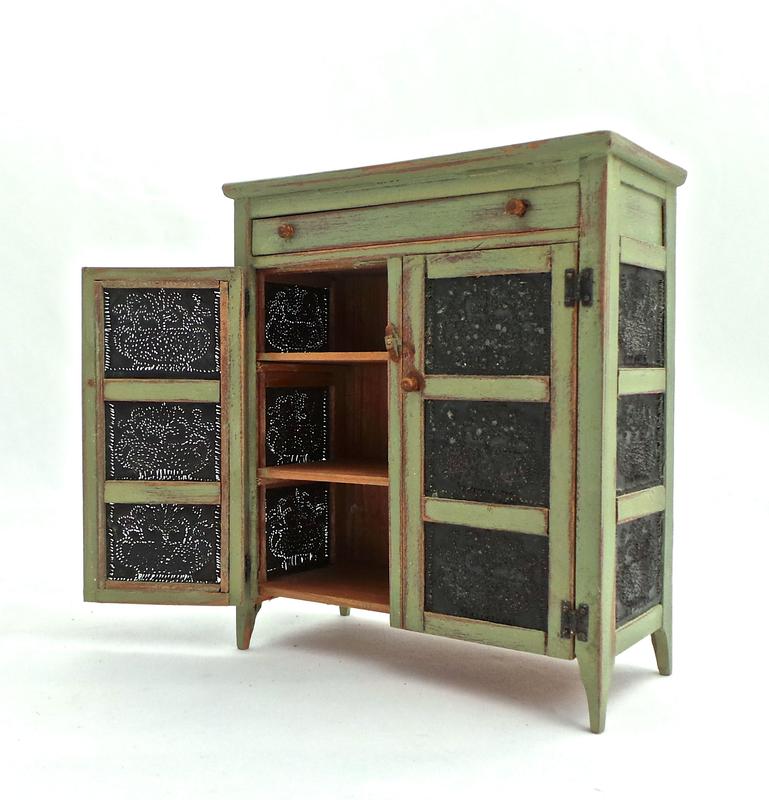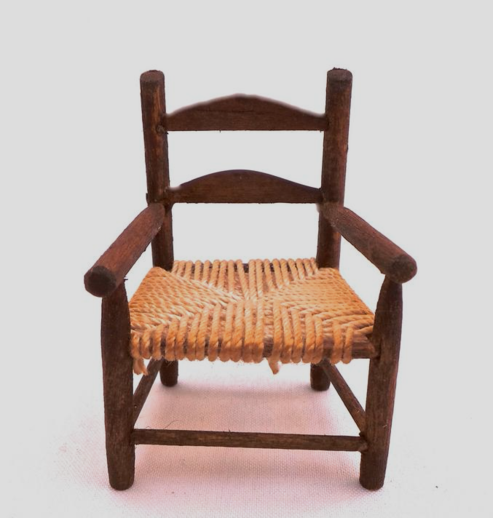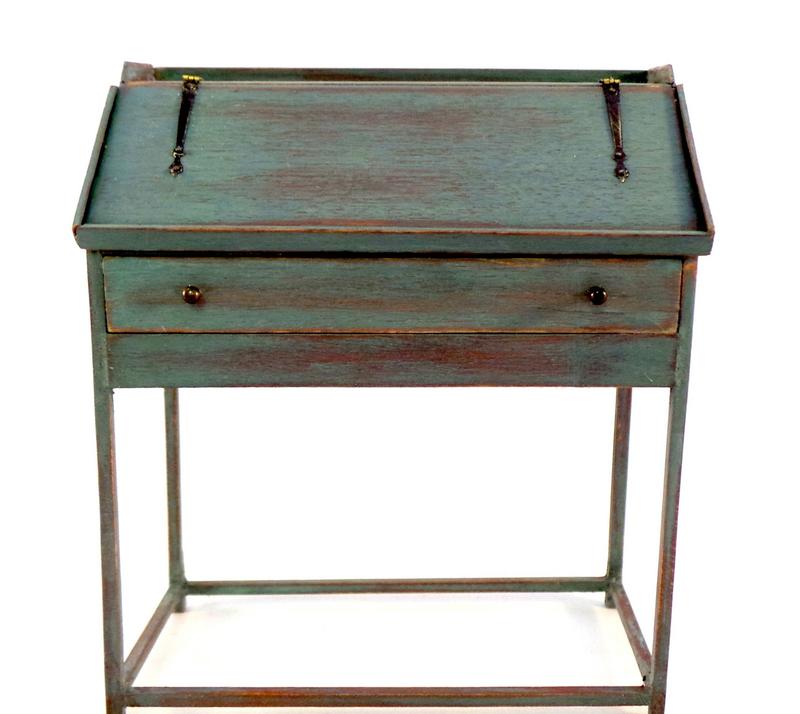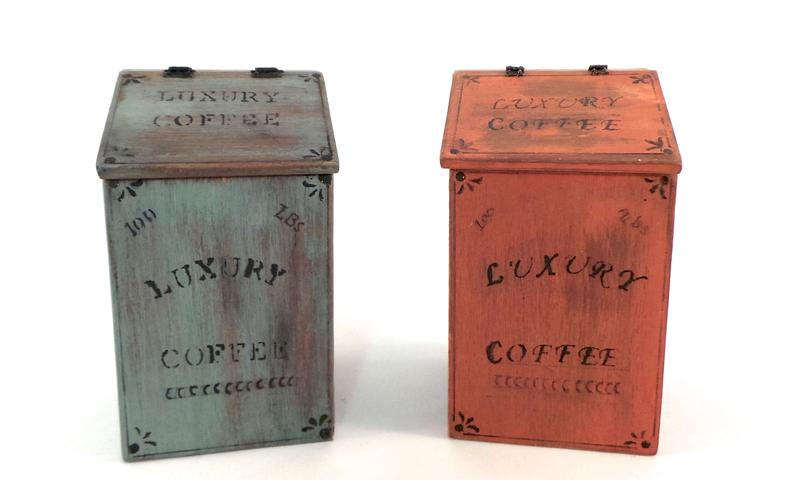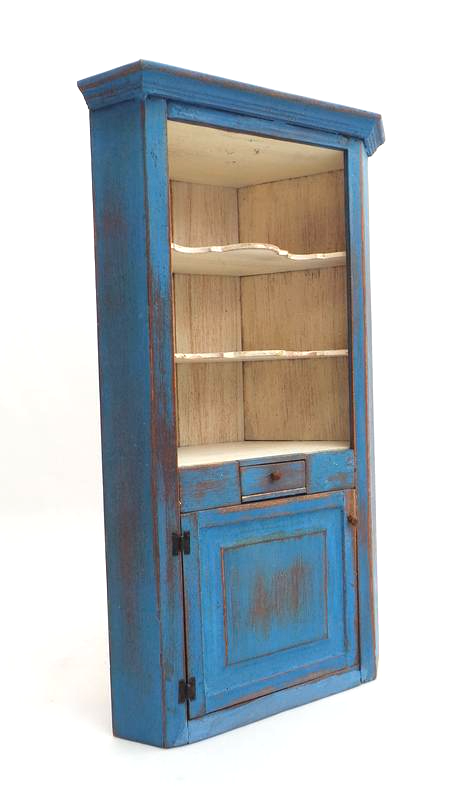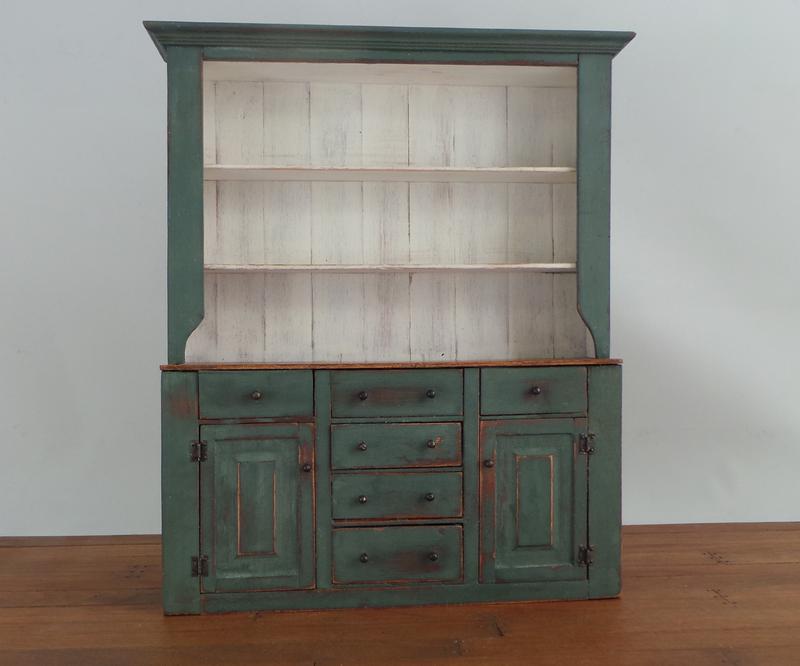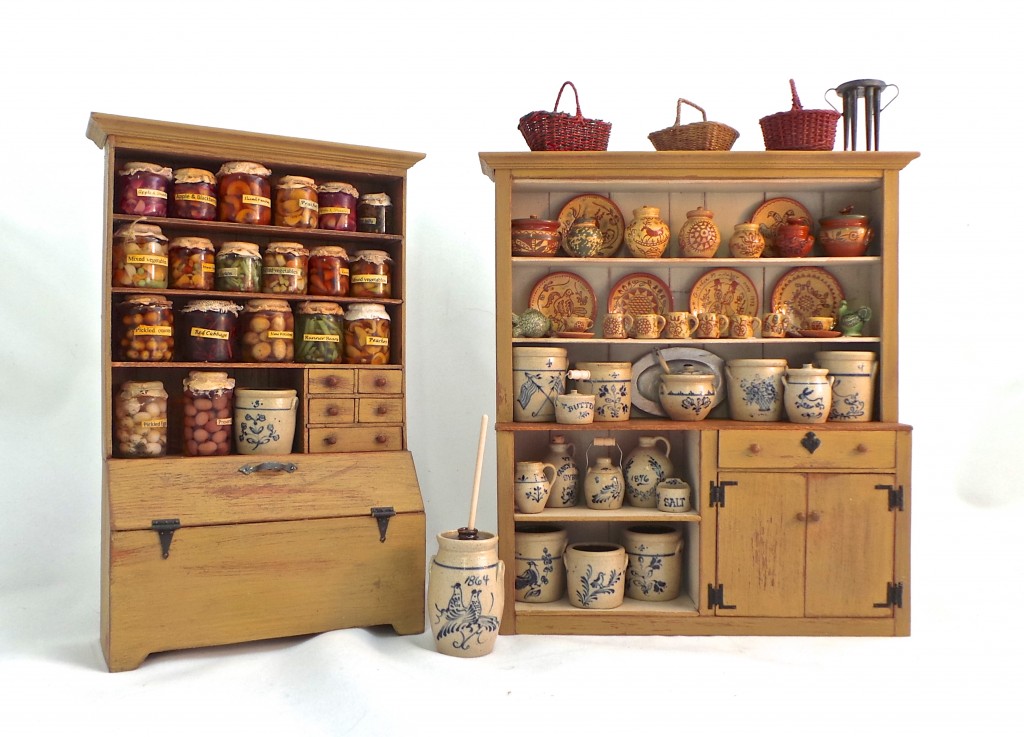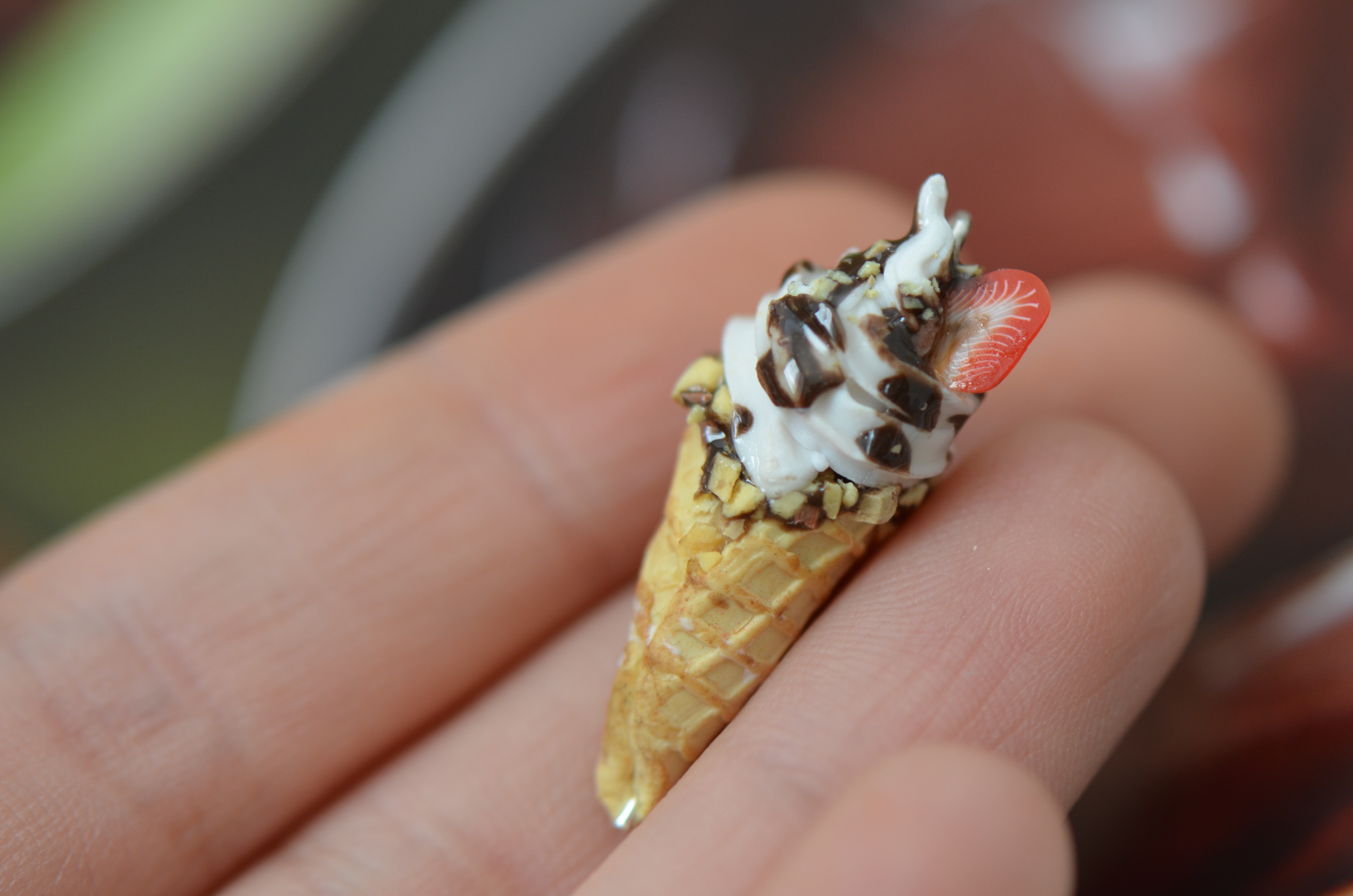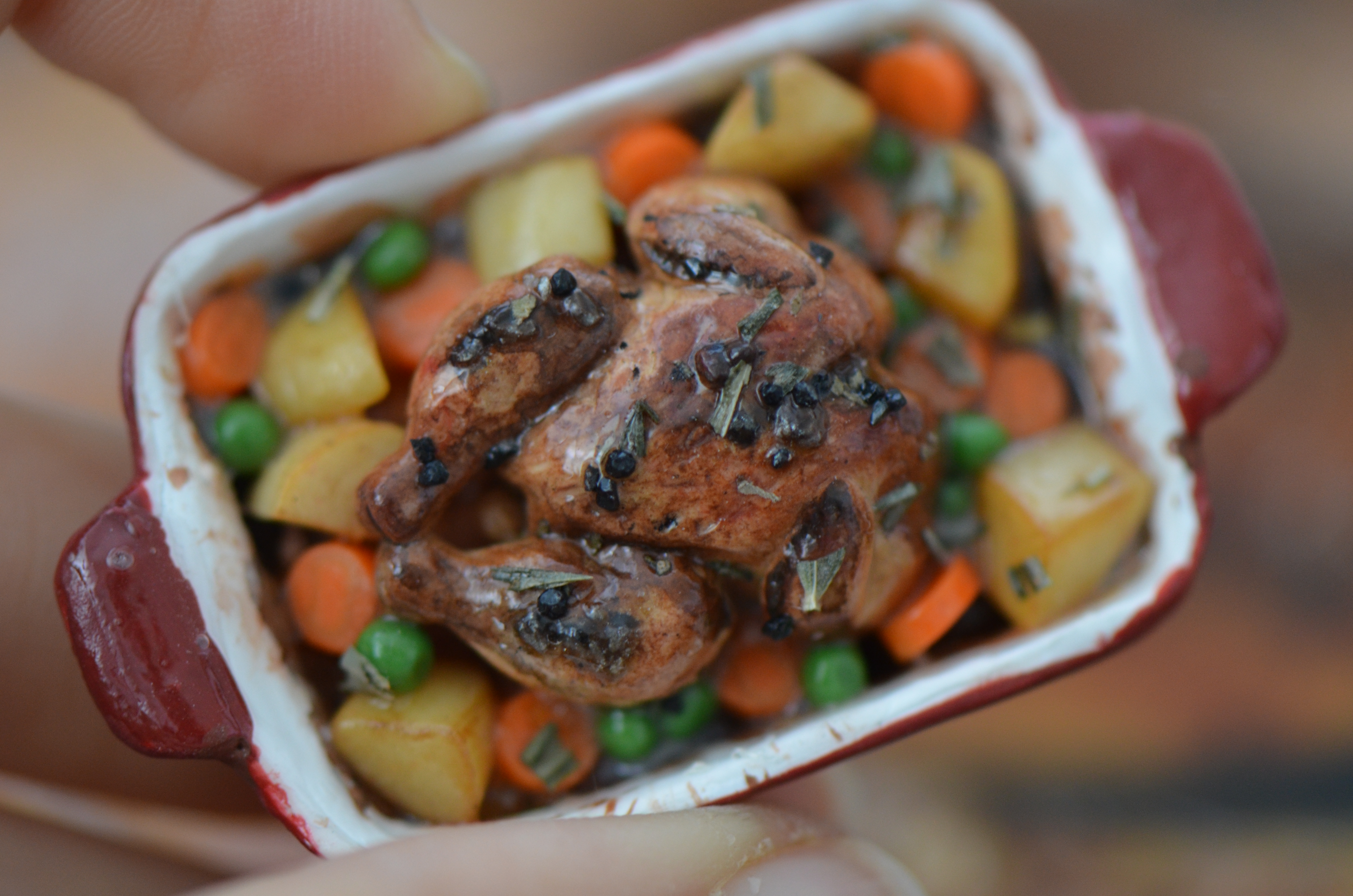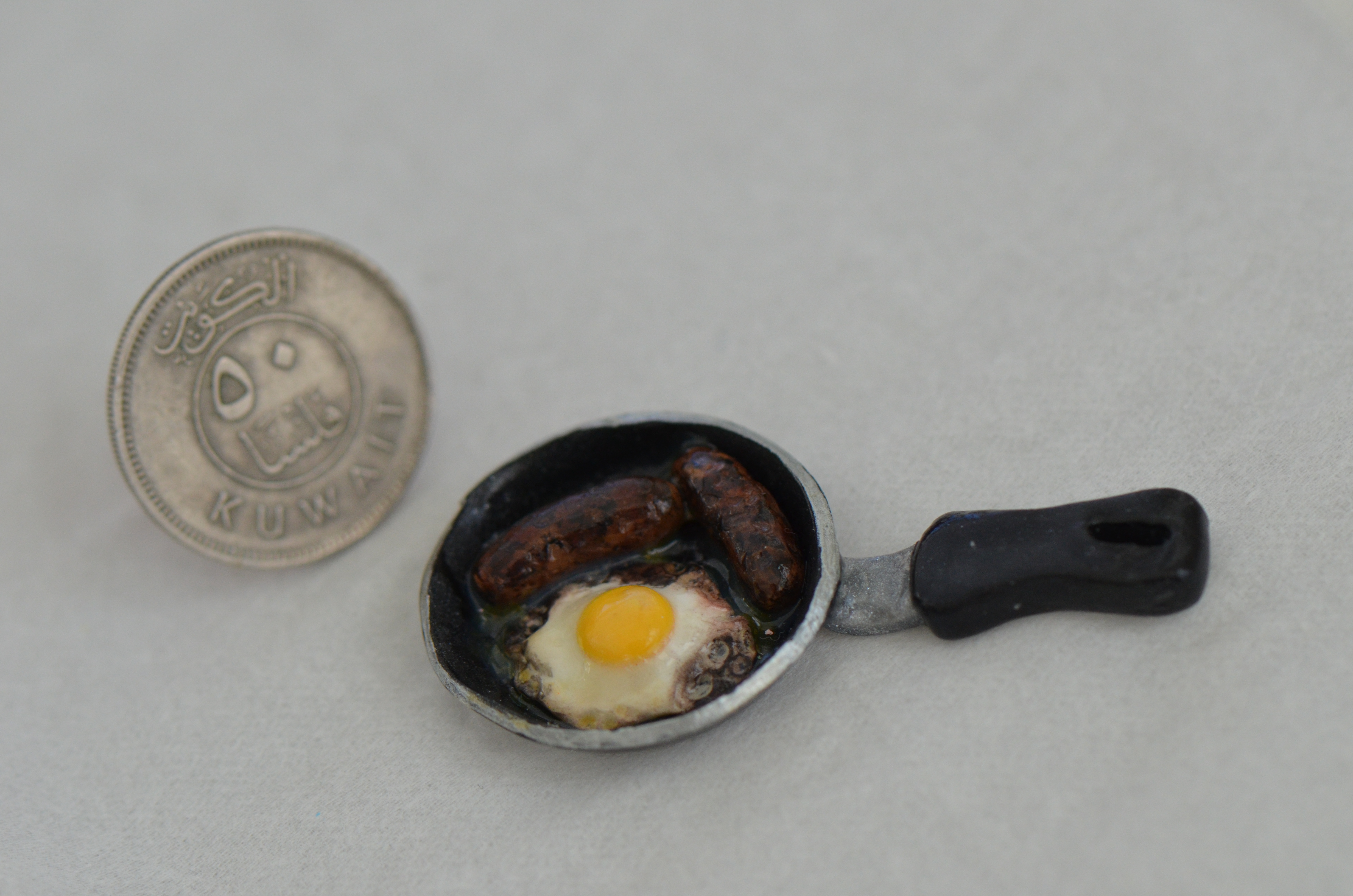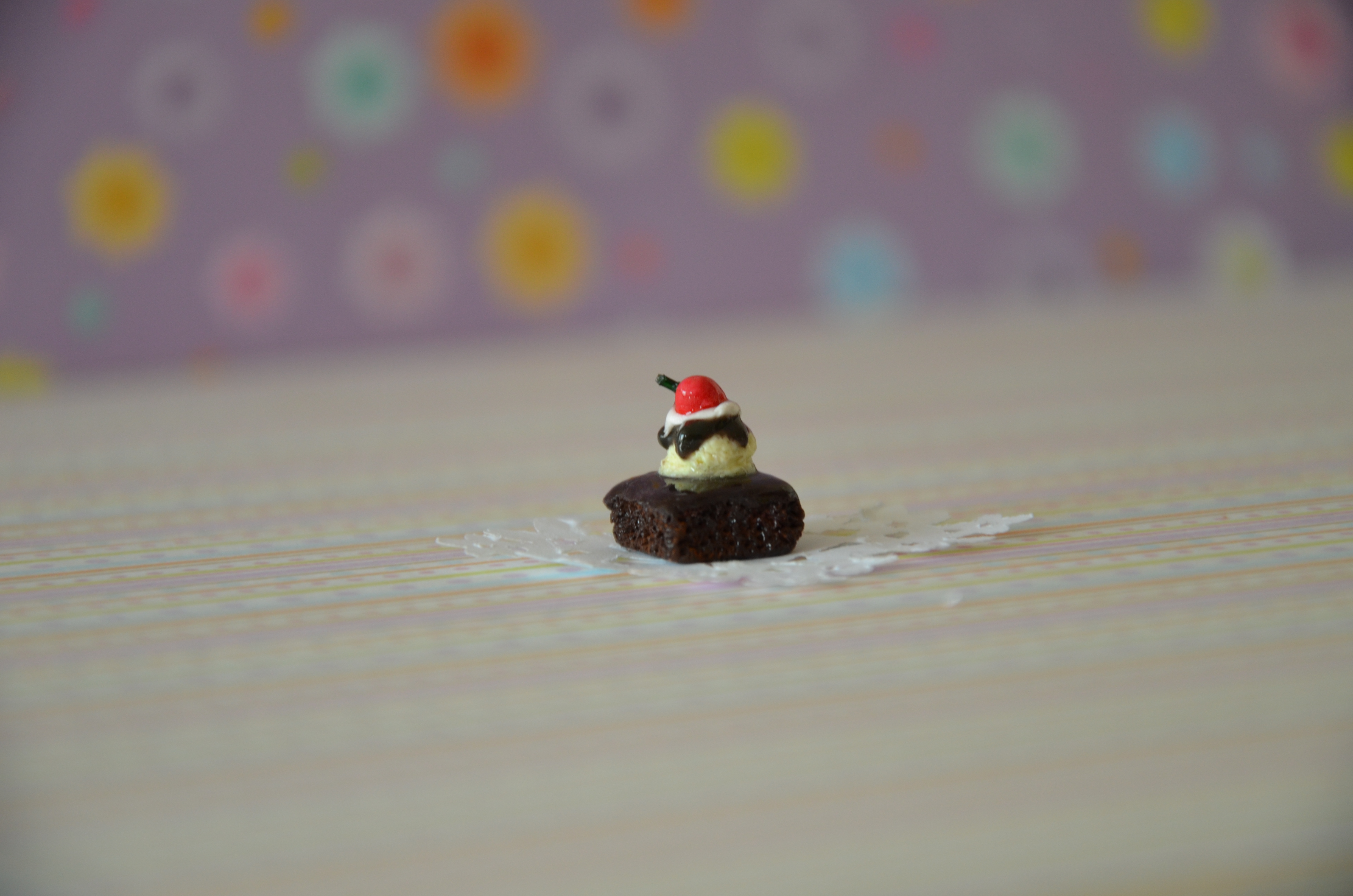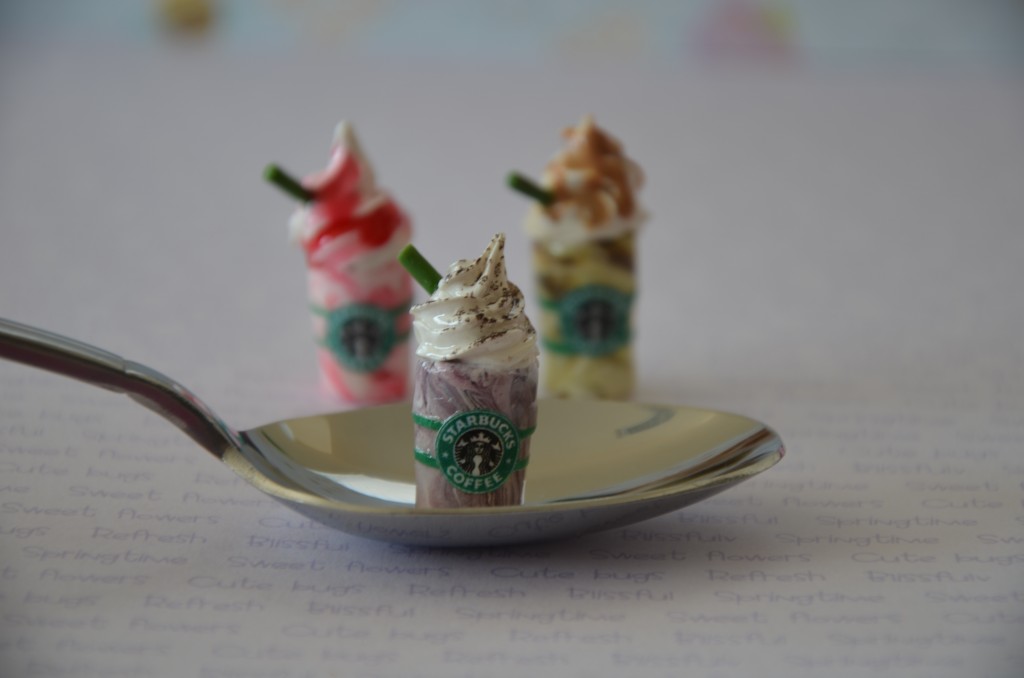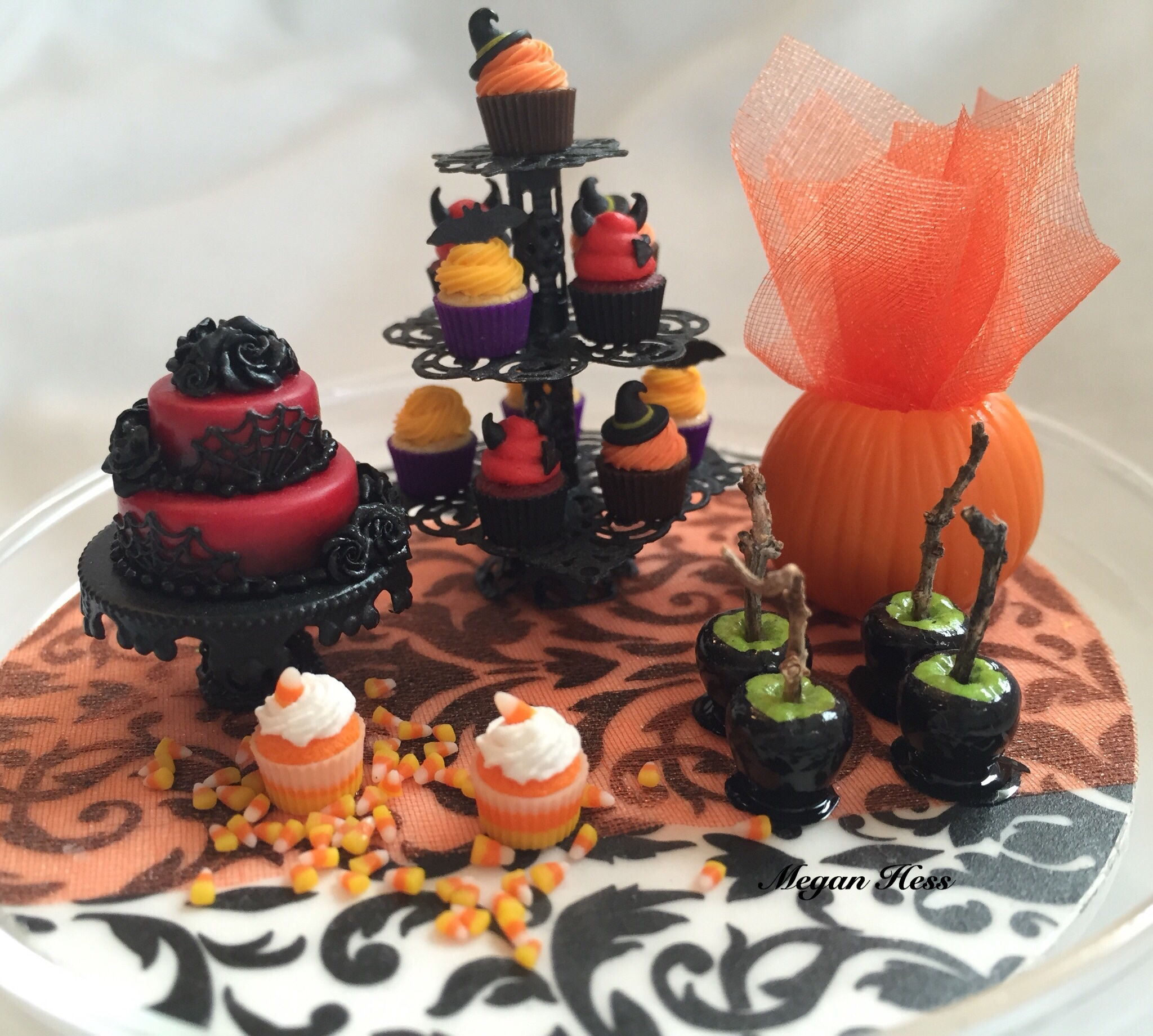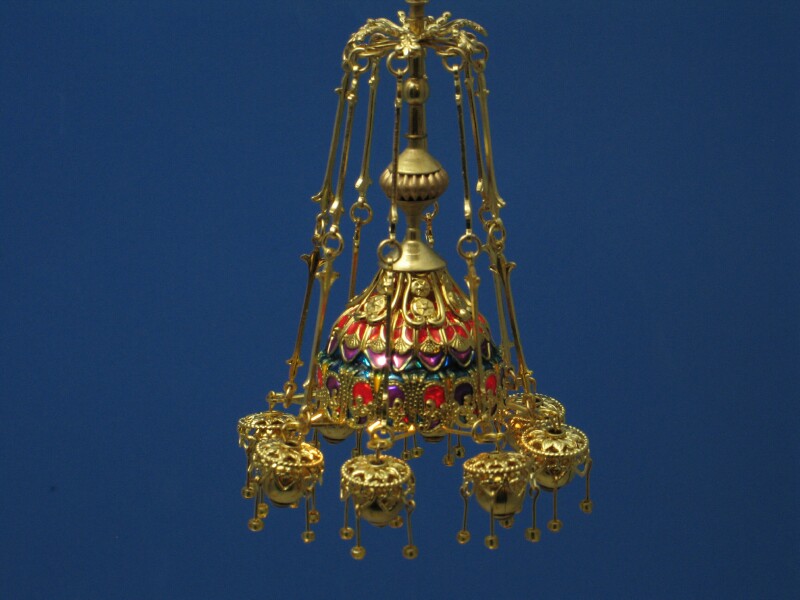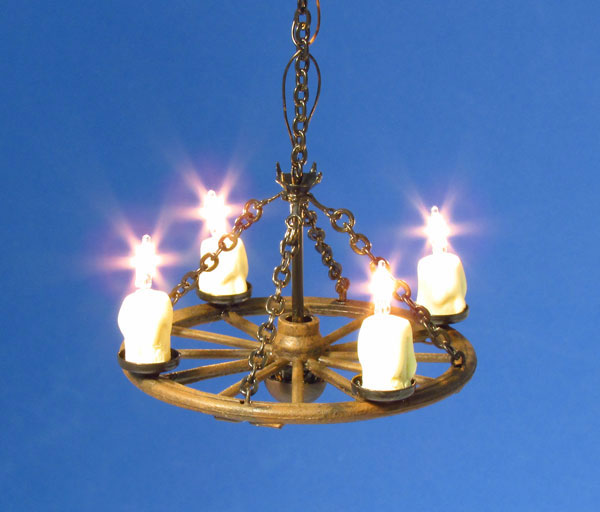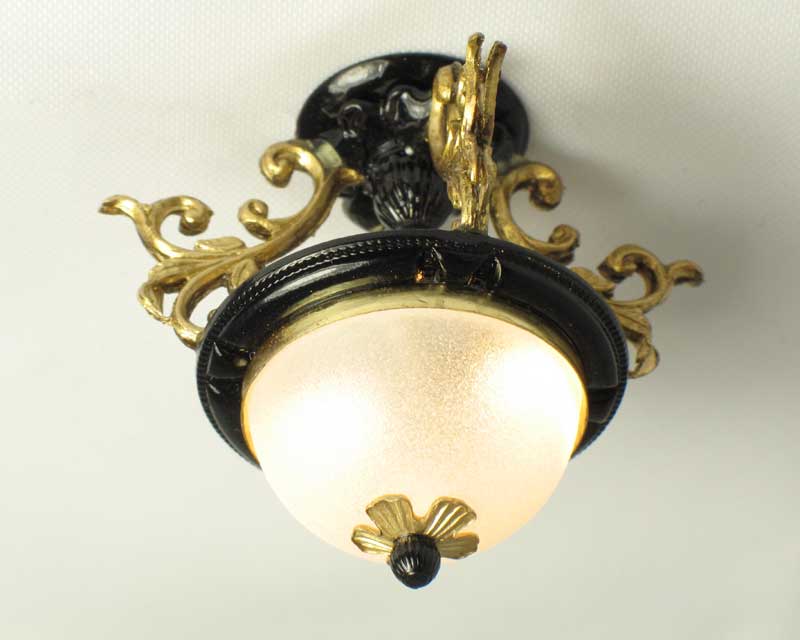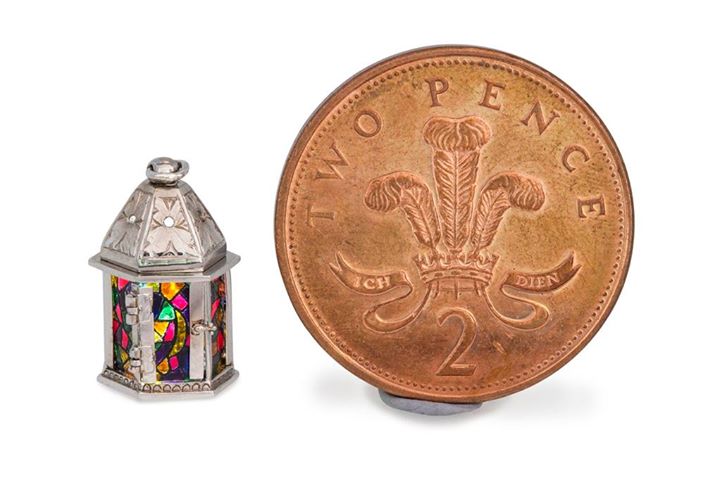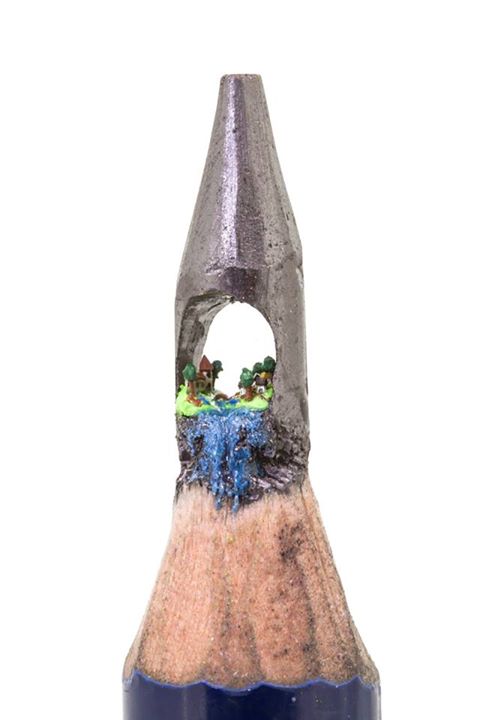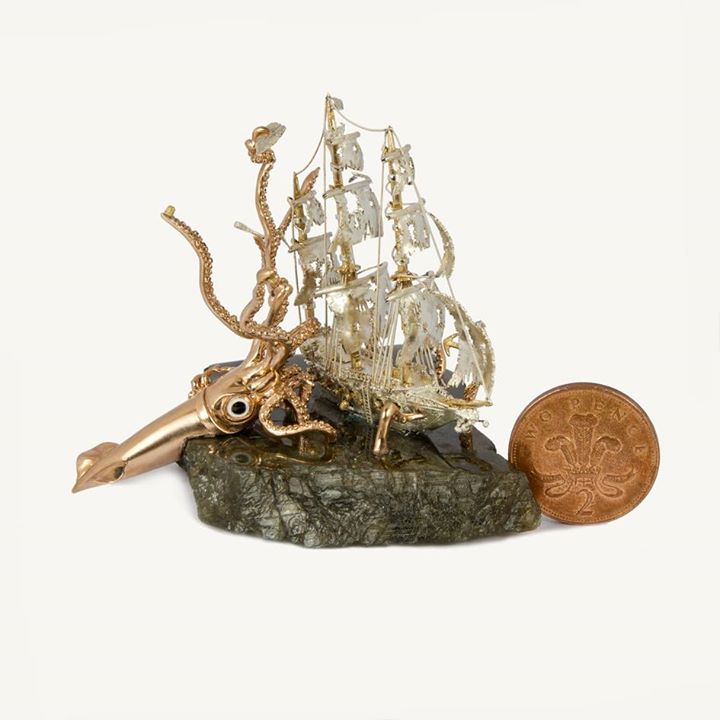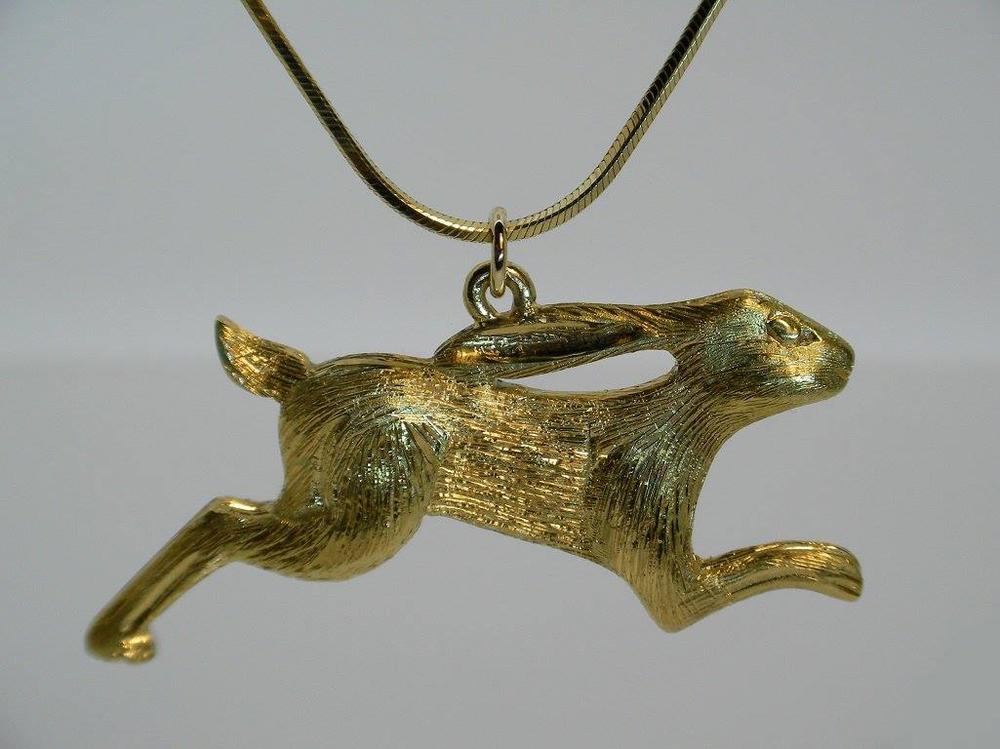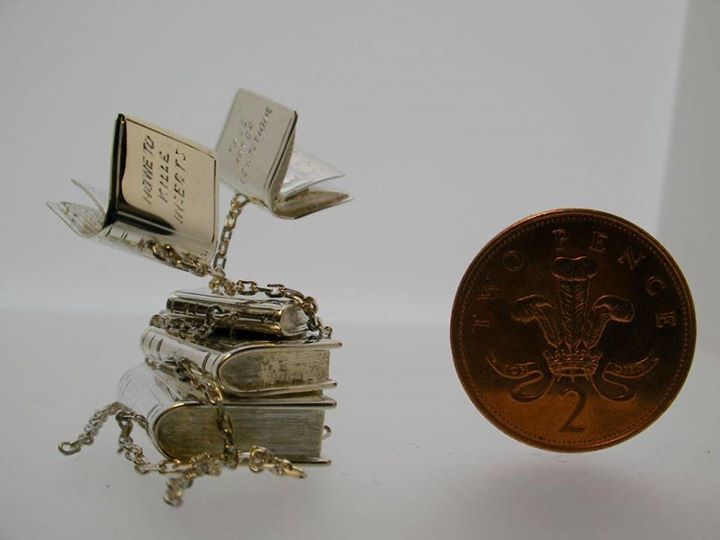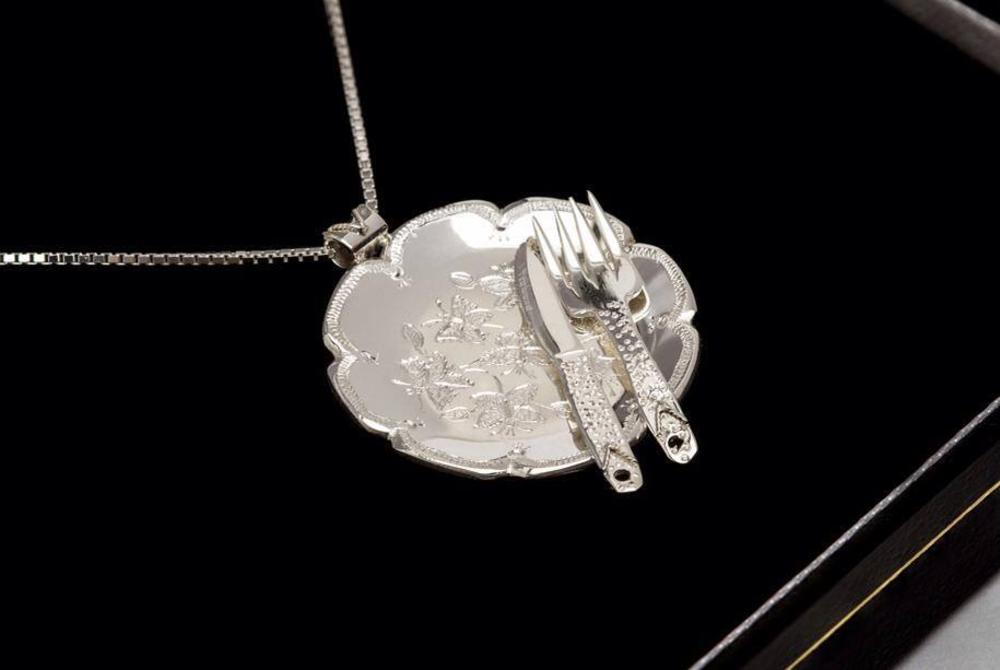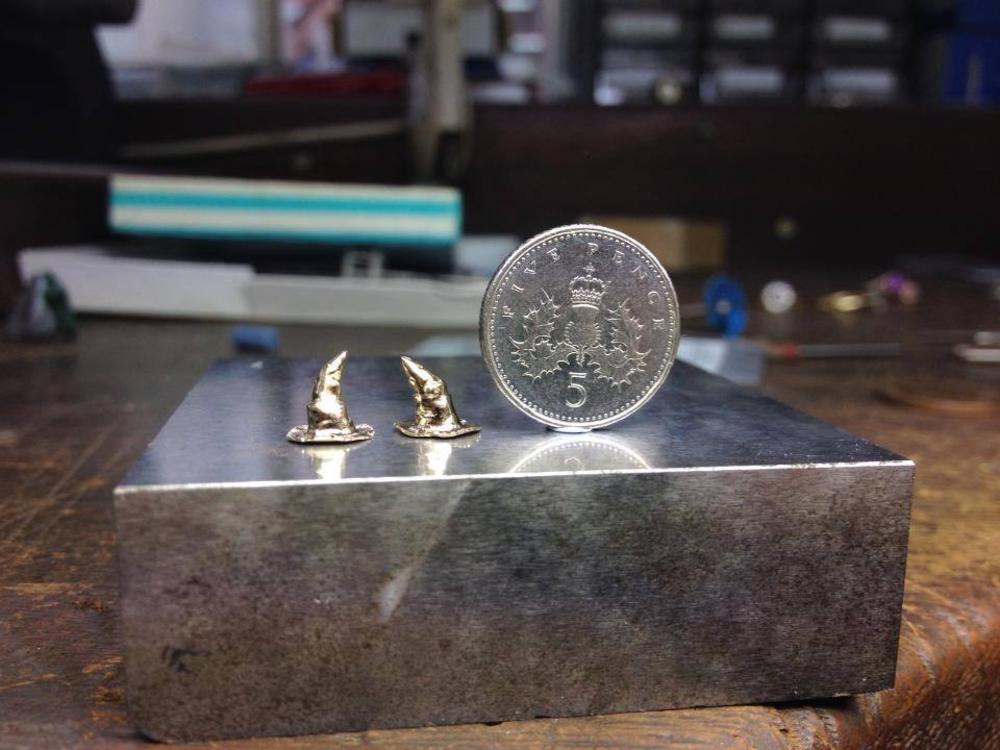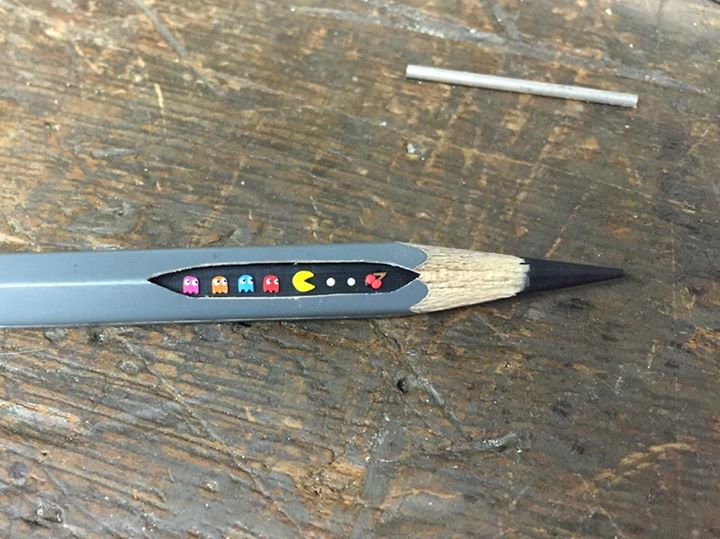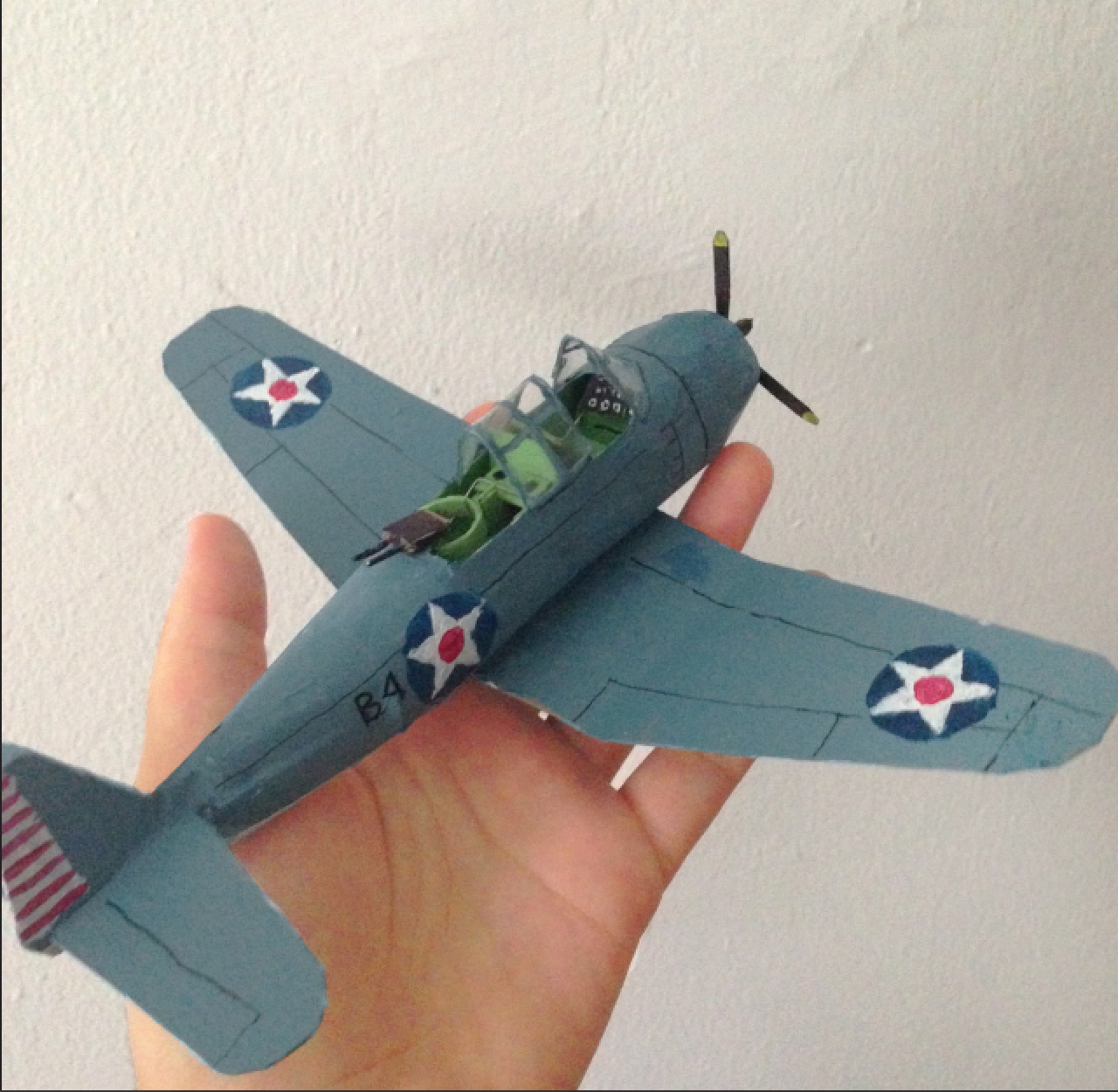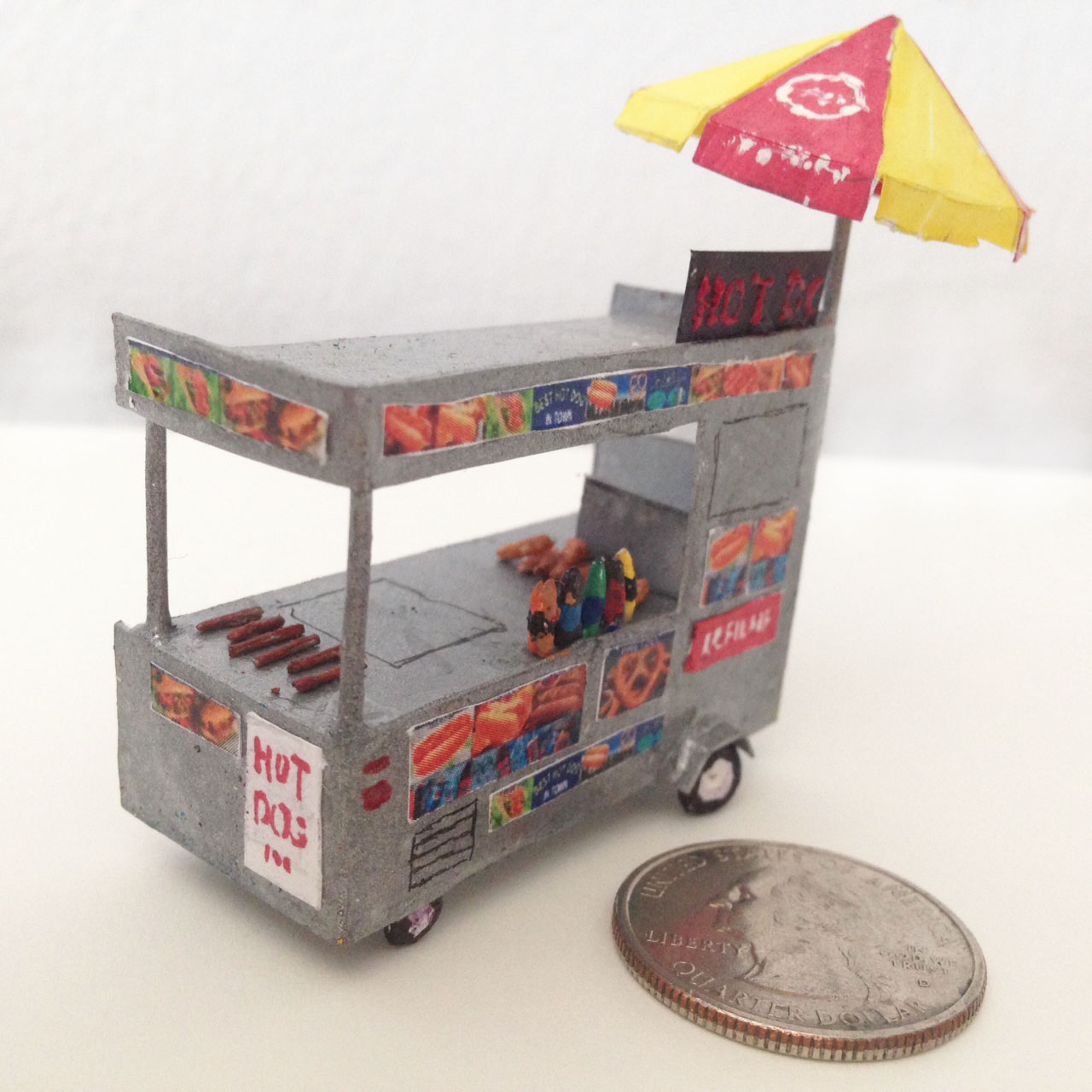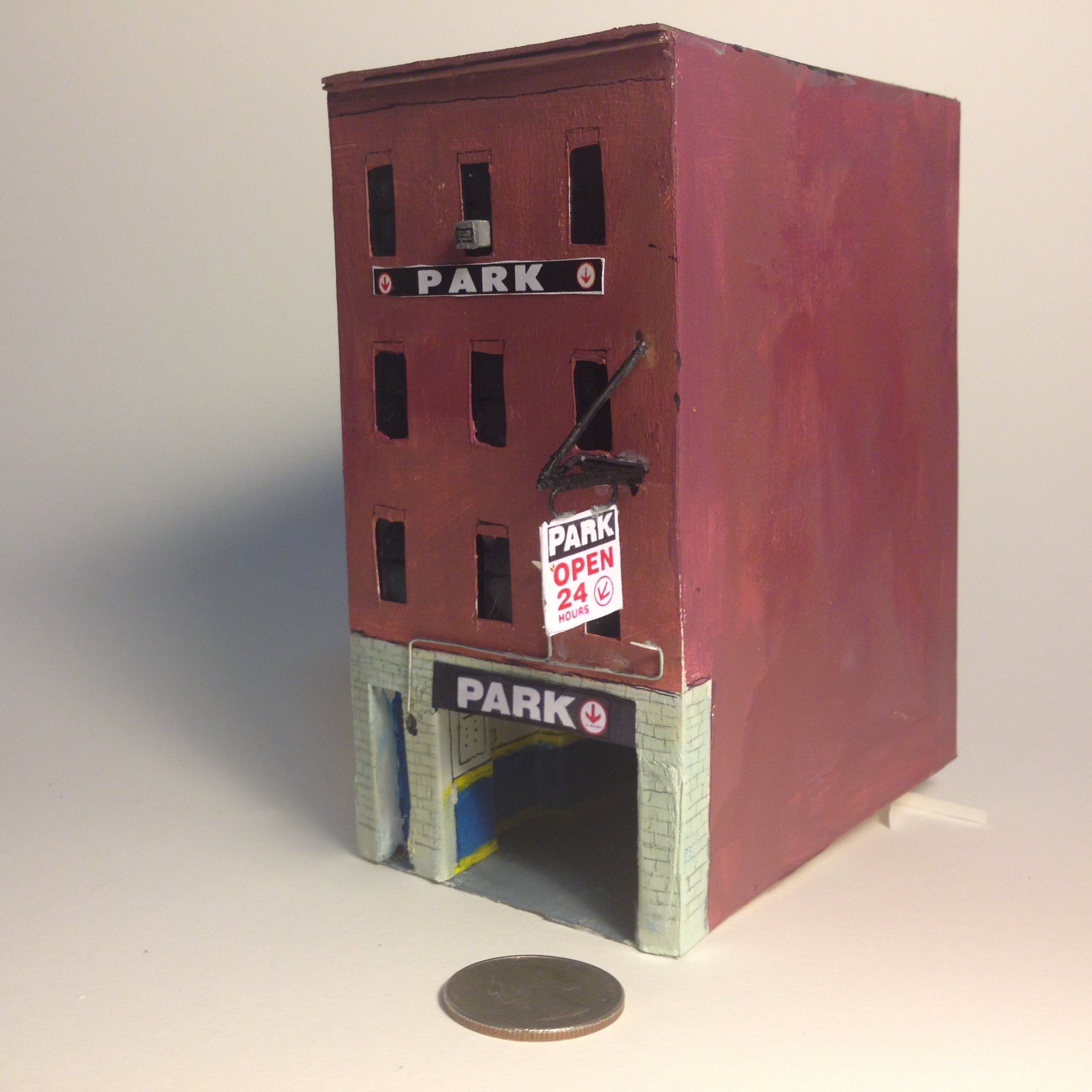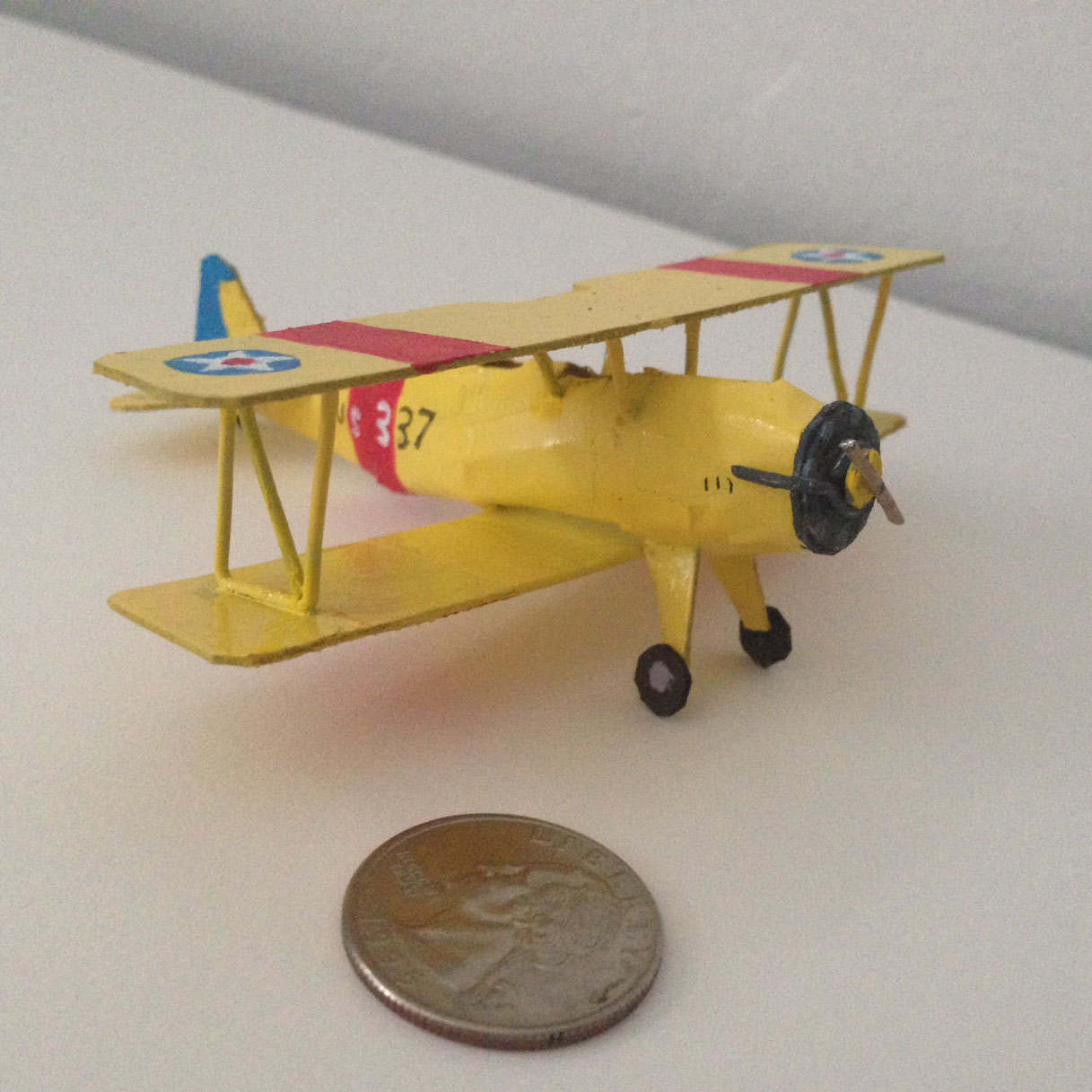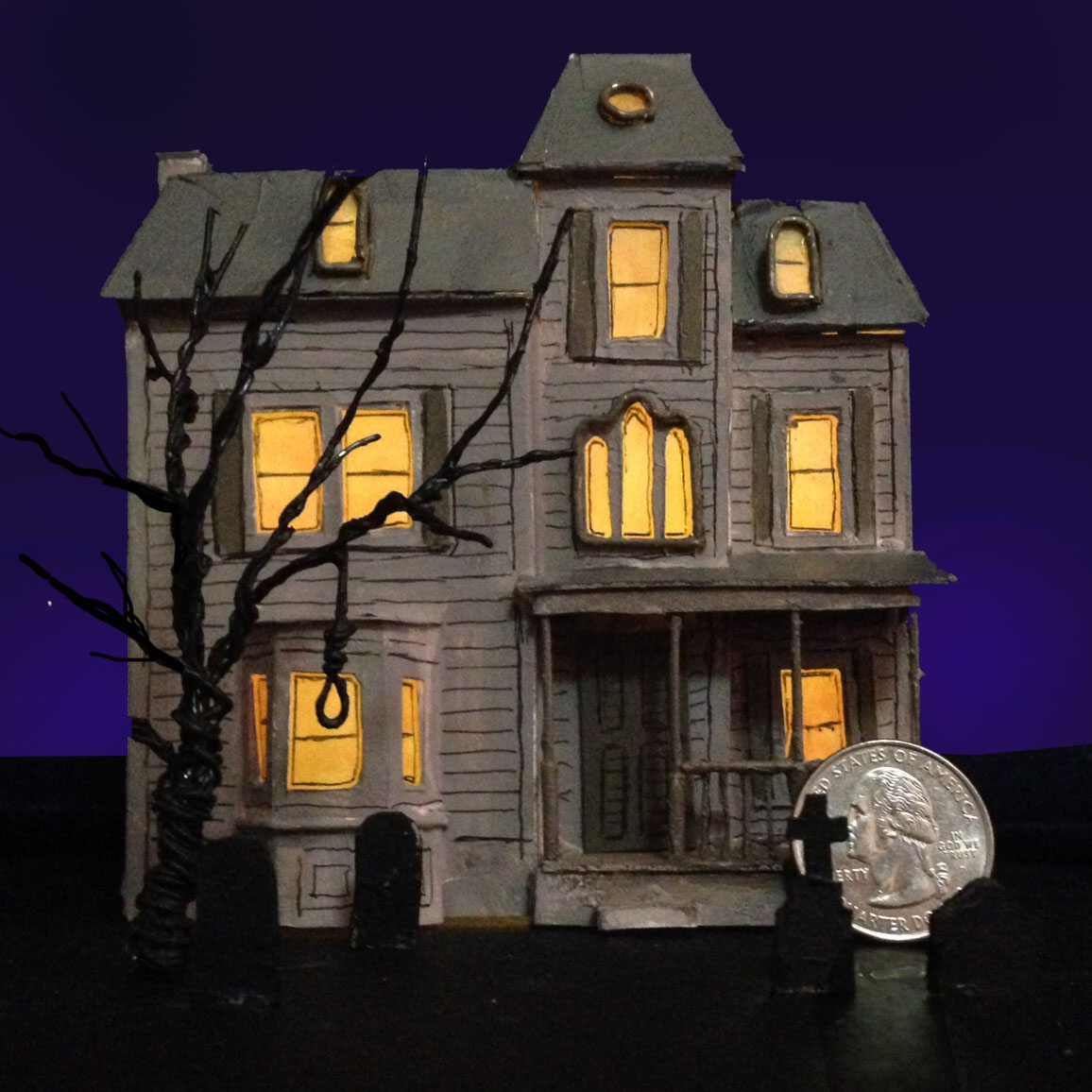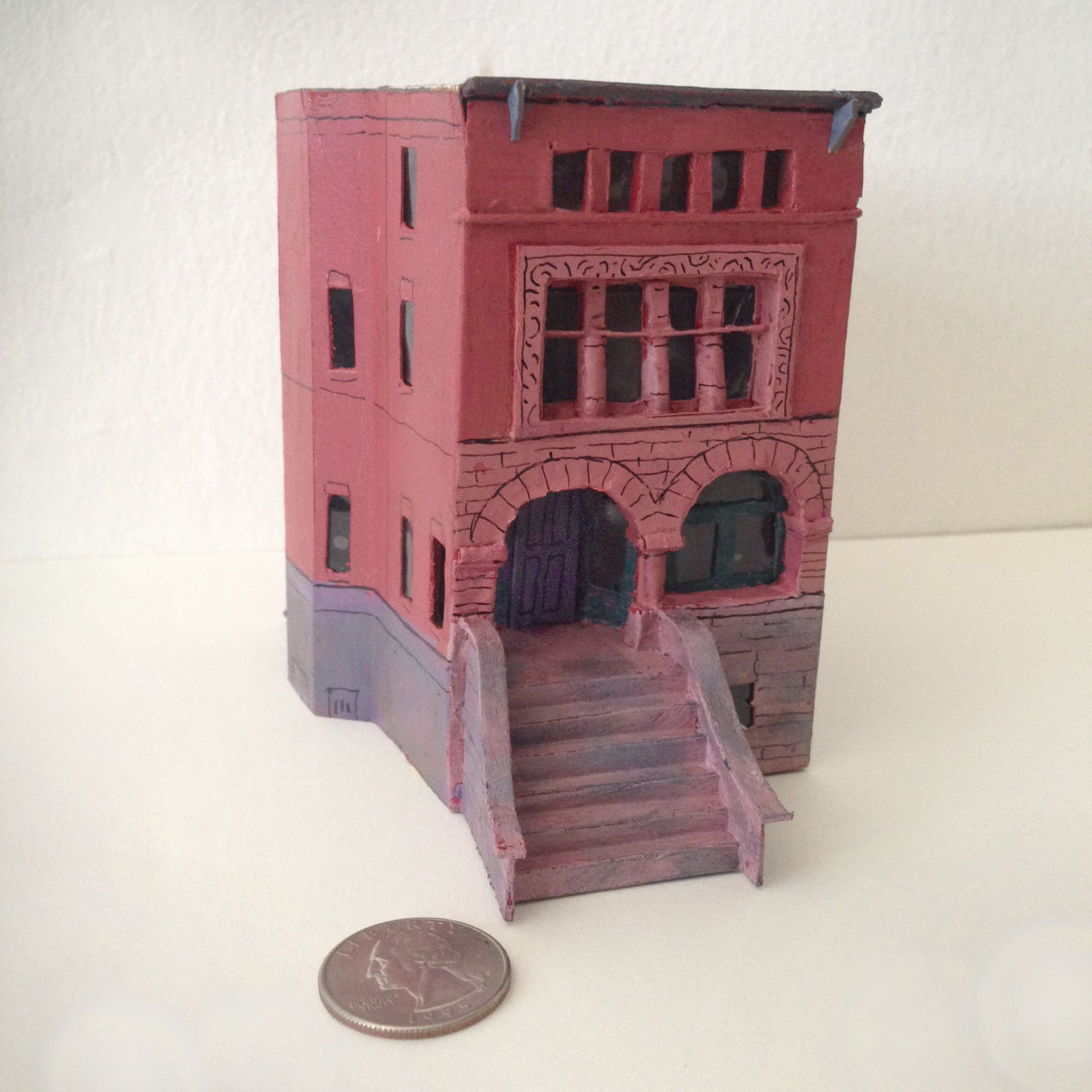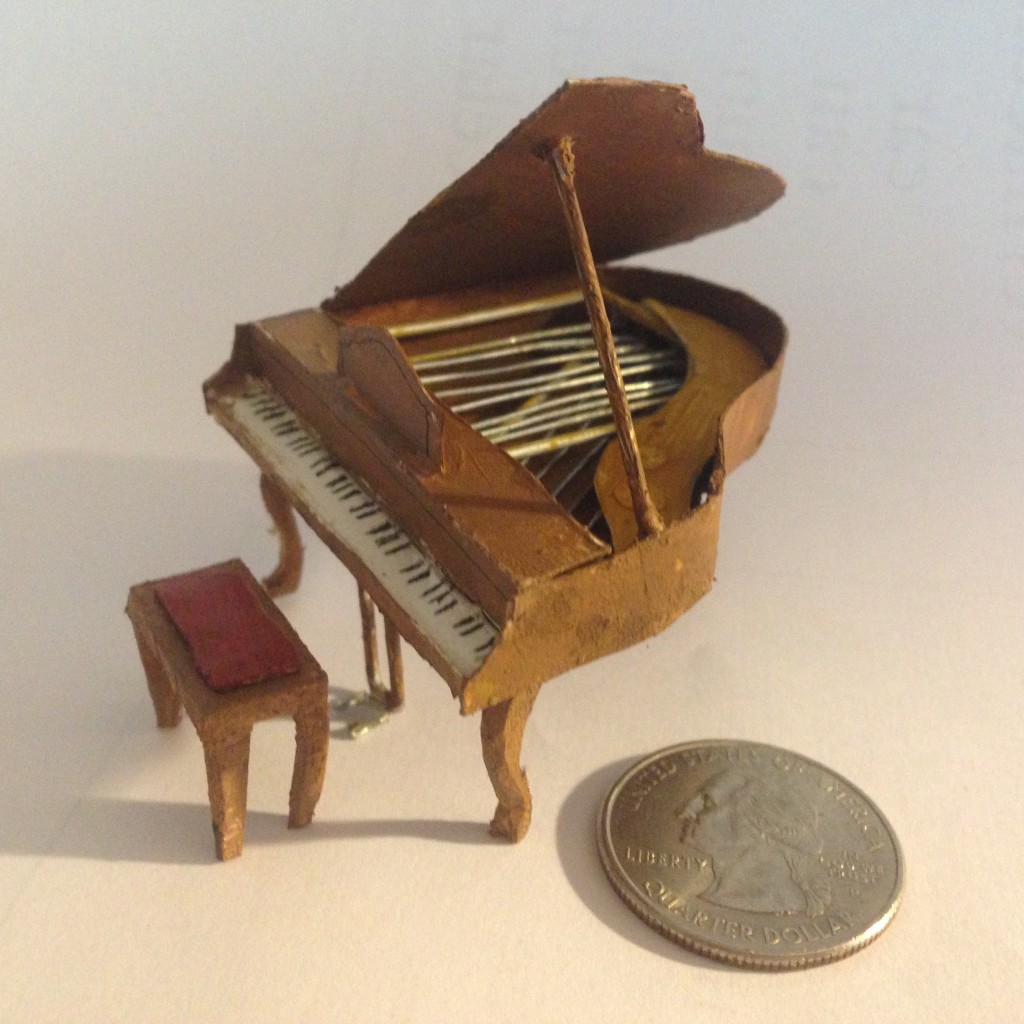Chisel & Mouse Create Architectural Sculptures in Miniature
| Website | Store | Facebook |
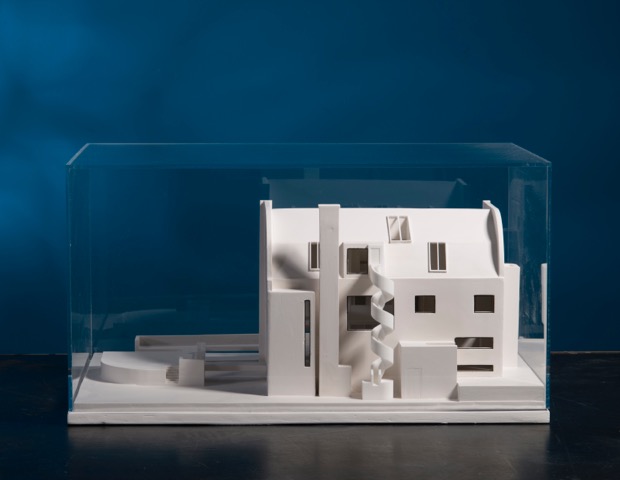 How did Chisel & Mouse come to be?
How did Chisel & Mouse come to be?
We [Robert and Gavin] ran a software company for 10 years and became disillusioned by corporate life. We took a year out, drew a ‘mind map’ and came up with Chisel & Mouse. Gavin has always been a keen model maker and I wanted to use 3D printers (which we use in our prototyping). We shared a passion for architecture and both wanted to make a something. Architectural sculptures met all of our requirements.
What are the advantages of knowing your partner so well, and how do each of your respective talents come together to form a successful team?
We have complementary skills and interests. Gavin is focused on the creation and production of the models and I’m more focused on the presentation of the models and the company. We have cross over, and get involved in each others’ domains regularly but the ‘ownership’ stops too many tantrums! We switch from brothers to business partners back to brothers in an instance. Most of our big working decisions have been made on a dog walk.
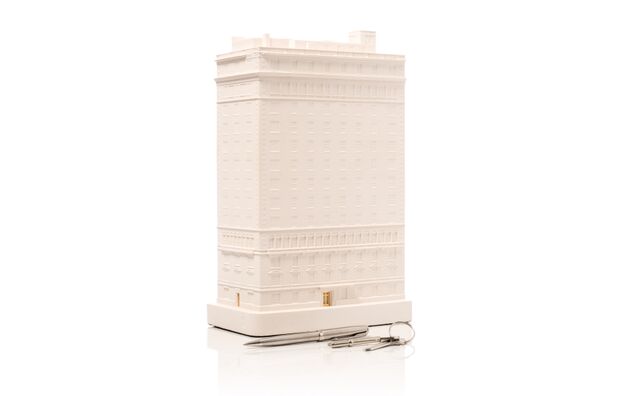
Tell us a bit about your interest in 3D printing.
Advancements in 3D printing have made rapid prototyping easier and easier. You can work out the rubbish, tweak your design, and have another go at it. Since 3D printing is still somewhat in its infancy, speed is still an issue. As with the Ultimaker 7 for instance, it takes a ludicrous amount of time to print one object. You create a CAD drawing, send it out, and print it out. It’s revolutionary technology. It now takes us over 24 hours to print one of the standard sculptures from the Chisel & Mouse collection. And sometimes these works fall over at hour 21, so you have to start all over again.
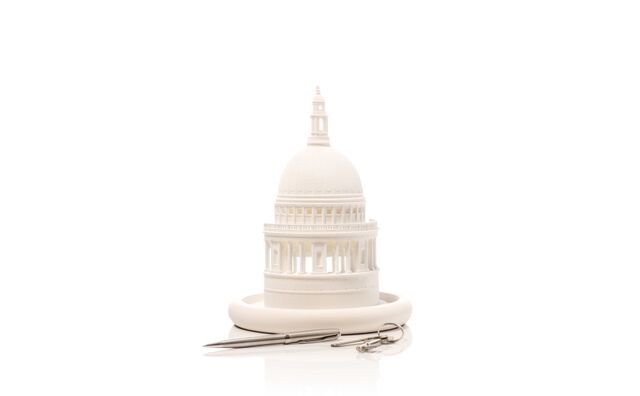 What’s the most challenging aspect of your day-to-day work on these miniature replicas?
What’s the most challenging aspect of your day-to-day work on these miniature replicas?
There are many! Applying the metal etched detail for the windows and doors on many of our models can be very tricky. Overhangs in general are difficult to create. Churches that come to a severe point, or church spire, are also challenging. On another note, working out which building or aspect of a building we are going to model can be very difficult.
What materials do you use to make your architectural sculptures?
Our models are made of a very hard resin plaster, which is free of toxic solvents. Some of the detailing, such as window frames and doors, are made of etched brass or nickel silver. The bases and some of the backs of the models are covered in black felt.
As for unique materials we’ve used to make these sculptures: toothpicks.
Do you have a favorite piece you’ve created?
Hill House. I love Rennie Mackintosh and with Hill House, you can see his unorthodox style. At first glance, it looks like the outline of a building a child would draw, then you look more closely and you see his total lack of symmetry.
Upcoming miniature sculptures you’re excited about?
I’m really excited about the Capitol Records Building in Los Angeles. It represents a record deck, with a 7-inch record stacked out. As one record finishes, the arm goes back down. I’m really pleased to work on that one in miniature.
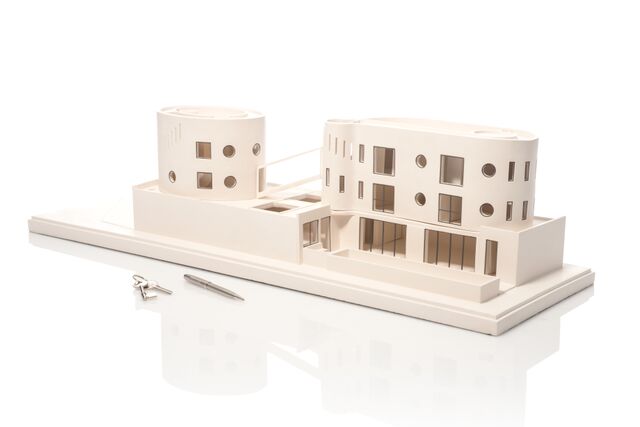 Also, there are a number of villas we will be working on including Farnsworth House. And of course the dollhouse in modernist style.
Also, there are a number of villas we will be working on including Farnsworth House. And of course the dollhouse in modernist style.
Are your architectural sculptures all one piece? Do any of the pieces move?
Our works are primarily one solid piece. For our façade models, we’ll take one solid lump of plaster and add metal to it later on. As for our 3D-printed works of art, we use a combination of materials, such as plaster walls, metal windows and doors, and 3D-printed internal structures.
On the large dollhouse we created, you can remove the roof to look through the space. You can also pull out the first floor to look down into the room below.
Are your Chisel & Mouse sculptures one of a kind?
There’s definitely a craft element in our work. All of our sculptures are slightly unique. When we pull them out of their molds, that part is constant and consistent. But we’re always finishing up little bits here and there, and there’s nuances that make each sculpture distinct.
How many countries are represented through your Chisel & Mouse architectural sculptures?
We are focused on British and US architecture but we also have models from Germany, the Czech Republic, and Manila in the Philippines. Each month the list of buildings and countries keeps growing. We’re a bit more focused on creating buildings that you know and love and can readily recognize.
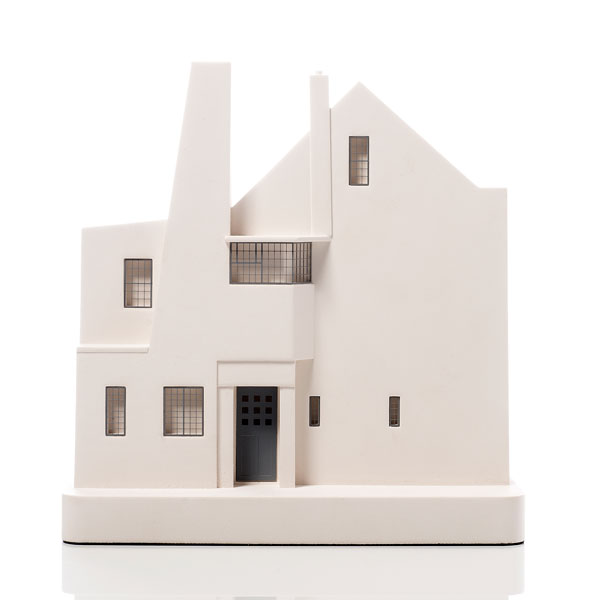 When clients ask to make a miniature model of their home, are there any details you cannot guarantee?
When clients ask to make a miniature model of their home, are there any details you cannot guarantee?
When it comes to bespoke commissions, yes, we can create a 1-for-1 replica in miniature. However, there are certain parts of a building that one might leave off when creating it in smaller scale. Brickwork, for instance, we can create this look, but then the model becomes a bit fussy. So we might stylize a piece in such a way and leave off tiling and brickwork. If we had something like canopies or entryways that jut out across the pavement,we might recommend that these elements be artistically restricted from the final sculpture. The impression of a basement, for one.
Do you work within a particular miniature scale?
We try to work within a scale that fits the specific space the client has in mind. Not too small, but roughly a foot across let’s say. We can create much, much bigger architectural sculptures as well as smaller ones. However, when it comes to the small scale works, we do most of our work in plaster, and there comes a point with the detail when the plaster becomes too fragile. Staircases, for instance.
What’s your take on miniature furniture within an architectural structure?
Without furniture, it’s not at all possible to tell the function of the room. It allows viewers to dream the dream and see themselves inside the space.
Have you collaborated with any miniature artists?
We haven’t yet, but would love to. For our dollhouse project this is definitely something we want to do.
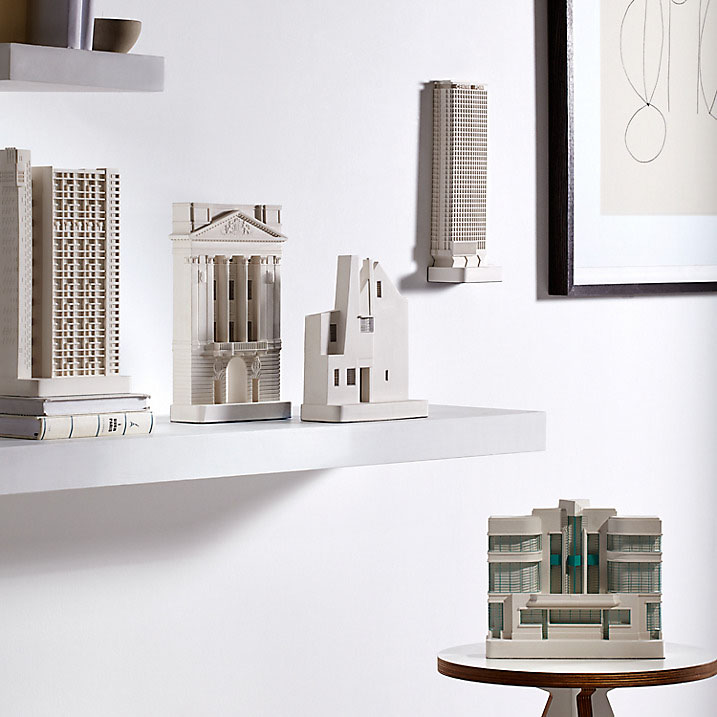 Do you ever create sculptures of outdoor spaces or landscape design?
Do you ever create sculptures of outdoor spaces or landscape design?
We would consider any structure. We were recently asked to work on a particular type of Syrian gate that has elaborate markings on the side. We would definitely consider other outdoor works.
What inspires you?
Reproducing iconic buildings in exacting miniature.
Motto that keeps you creating?
We don’t really have a motto, just a passion to keep improving.
Tool, material or technique you can’t live without?
The trusty chisel. We work with plaster and the chisel is essential to get the models just right.
What are your earliest memories with miniatures?
I must have had exposure as a child, but my clearest memory is from much more recently when I first saw the Vitra miniature chairs. I was blown away by the detail and level of craftsmanship
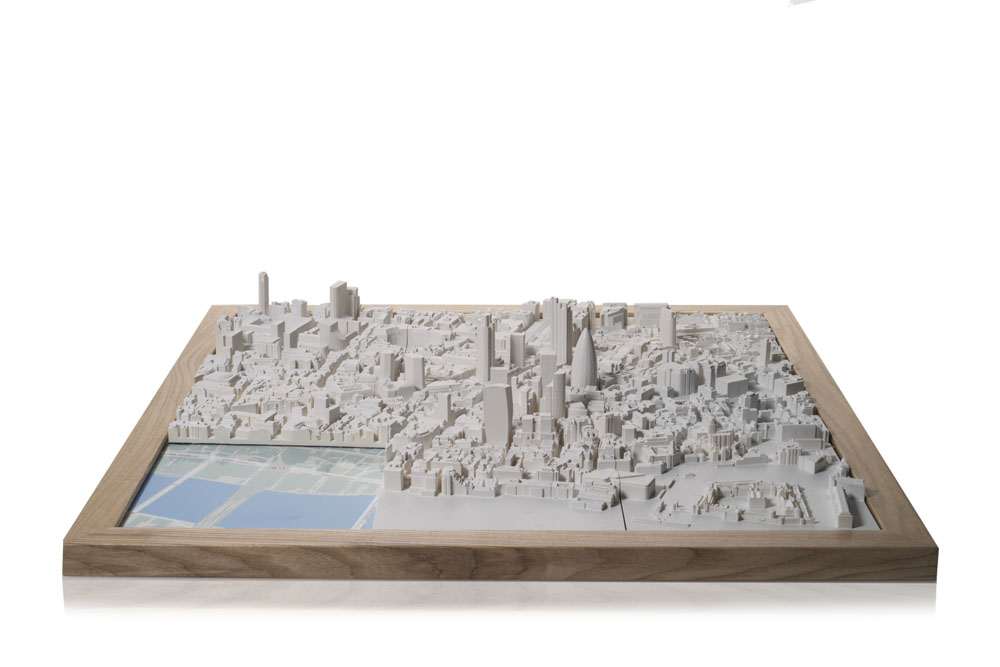 Advice to beginner architects, designers, and artists?
Advice to beginner architects, designers, and artists?
Be proud of what you produce.
What do you want miniature enthusiasts to know about you?
We are obsessed with details.
What’s to come from Chisel & Mouse?
We are working on a series of cityscapes and will be releasing New York City, Chicago, and Tokyo in the new year. We are also developing a range of modernist dollhouses, and hope to release these in the autumn of 2016.
We’d love to collaborate with architecture and design schools in the future. And to have a display with all of our pieces would be a dream come true as well.
Anything else you’d like to add?
We’re always keen for suggestions. It would be great if miniature enthusiasts let us know what buildings they would like to see modeled.
Robert and Gavin Paisley are brothers and architecture enthusiasts. They launched Chisel & Mouse as a way to bring their passion for beautiful buildings to life. Their mission is to bring great architecture into your living room. Click here to shop the Chisel & Mouse collection of architectural sculptures, bookends, and cityscapes. And you can follow their updates on Facebook.
